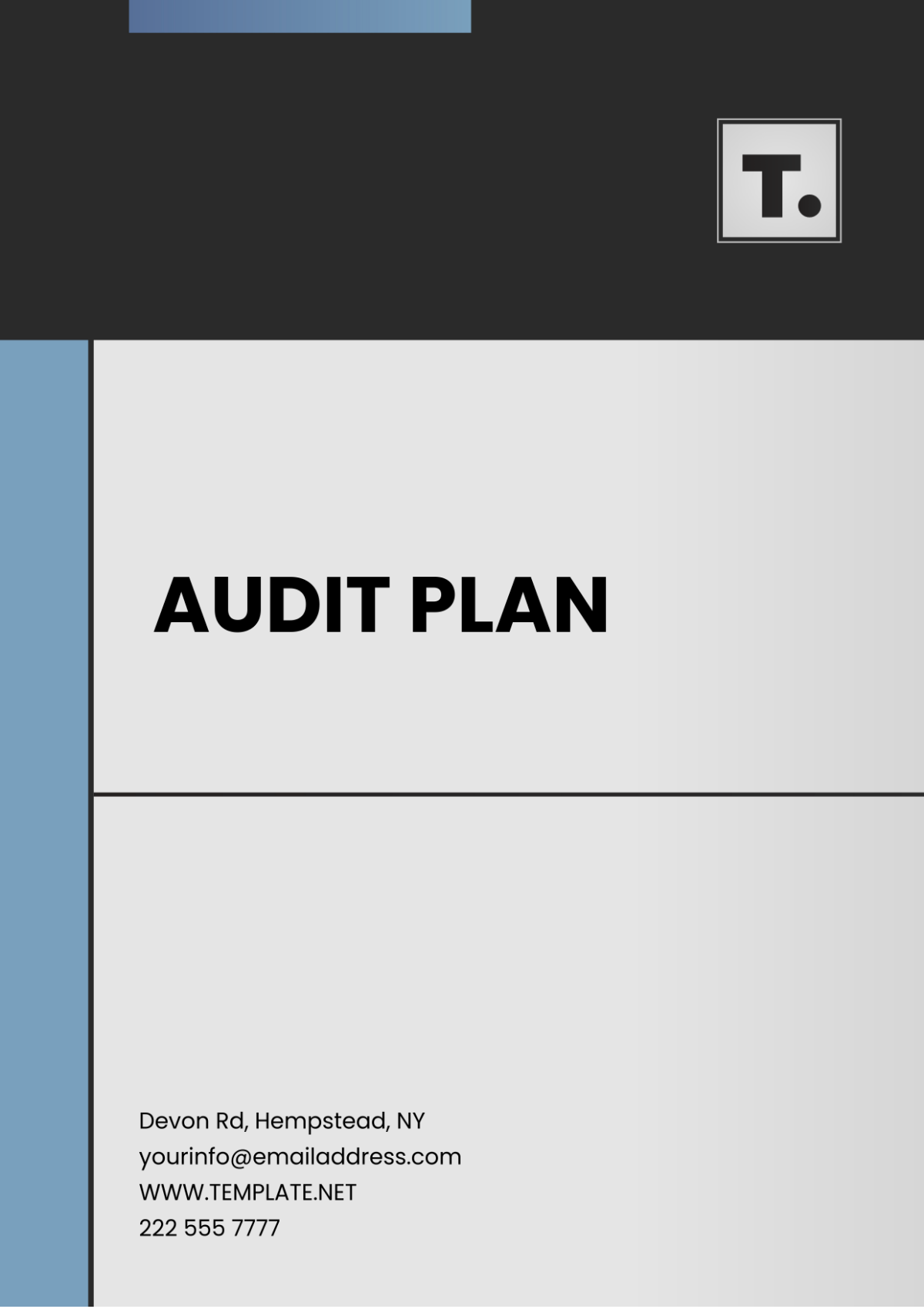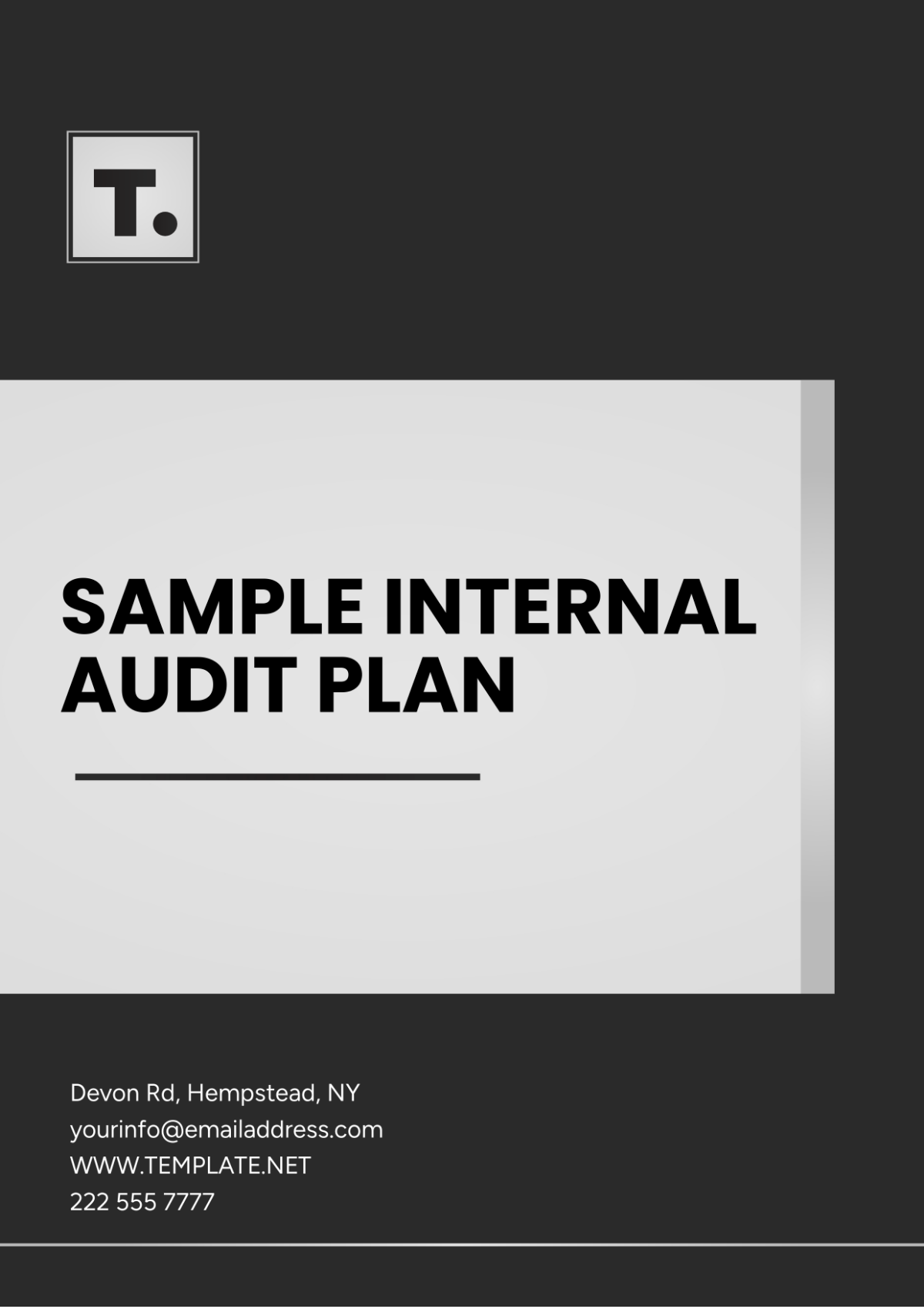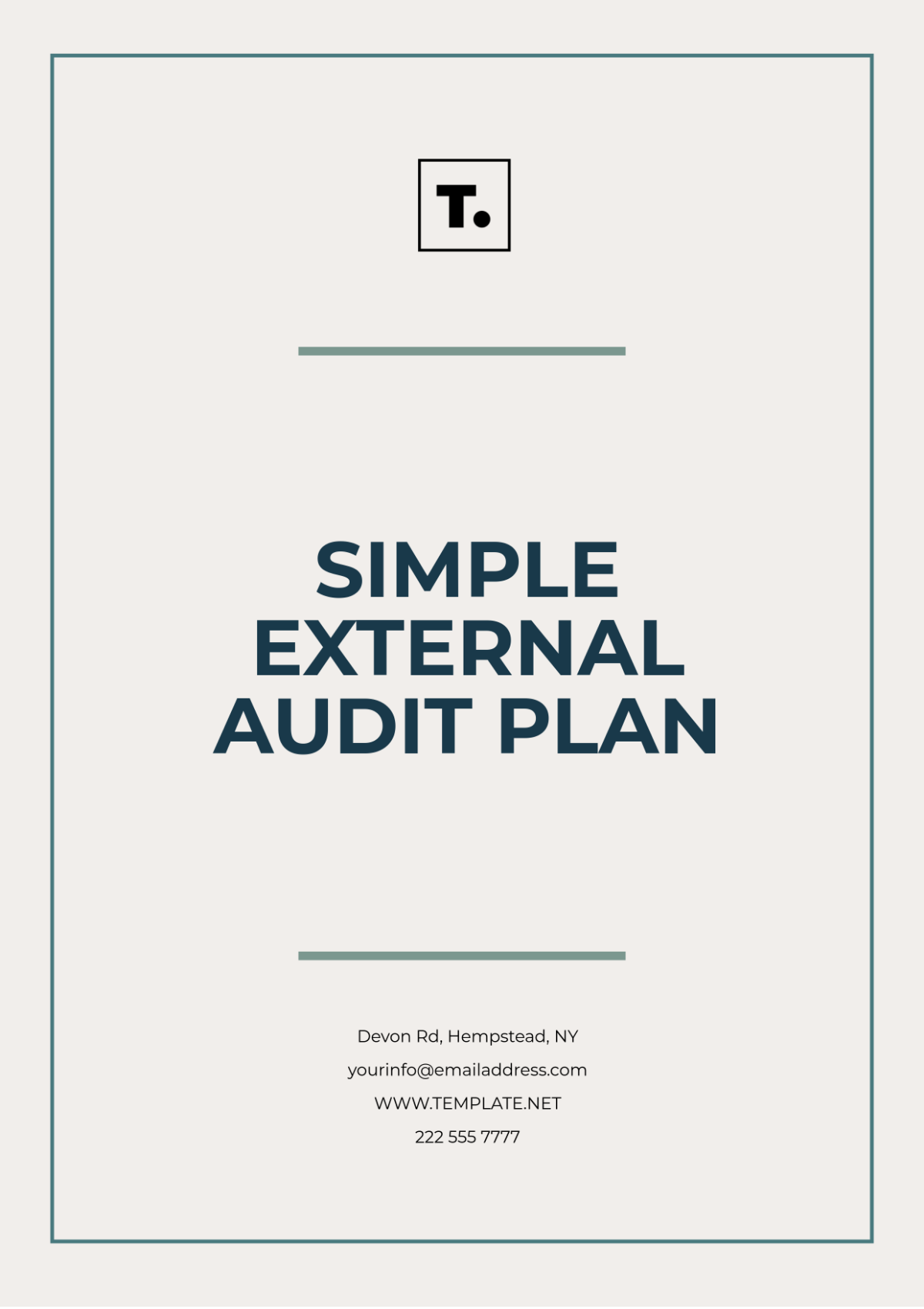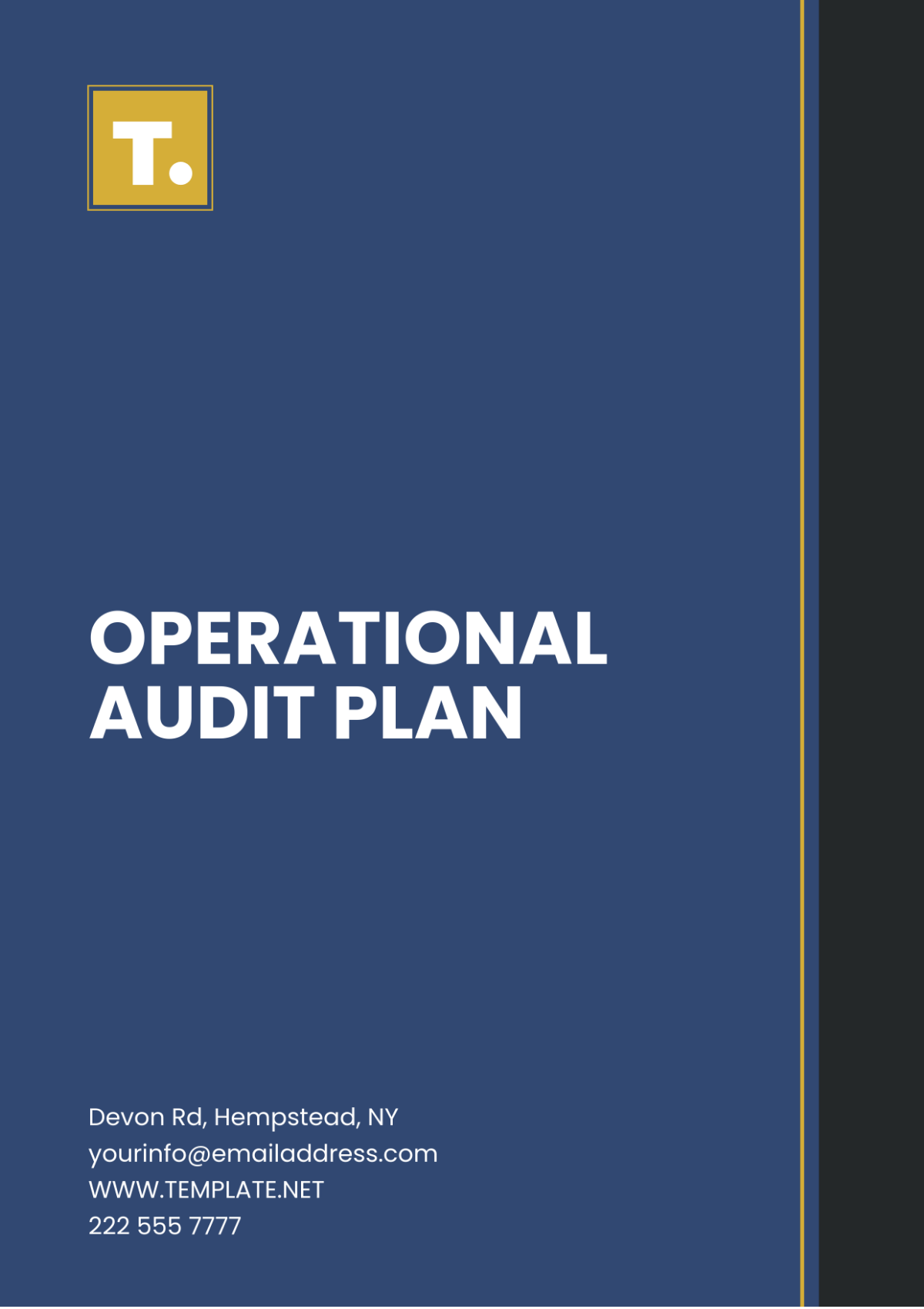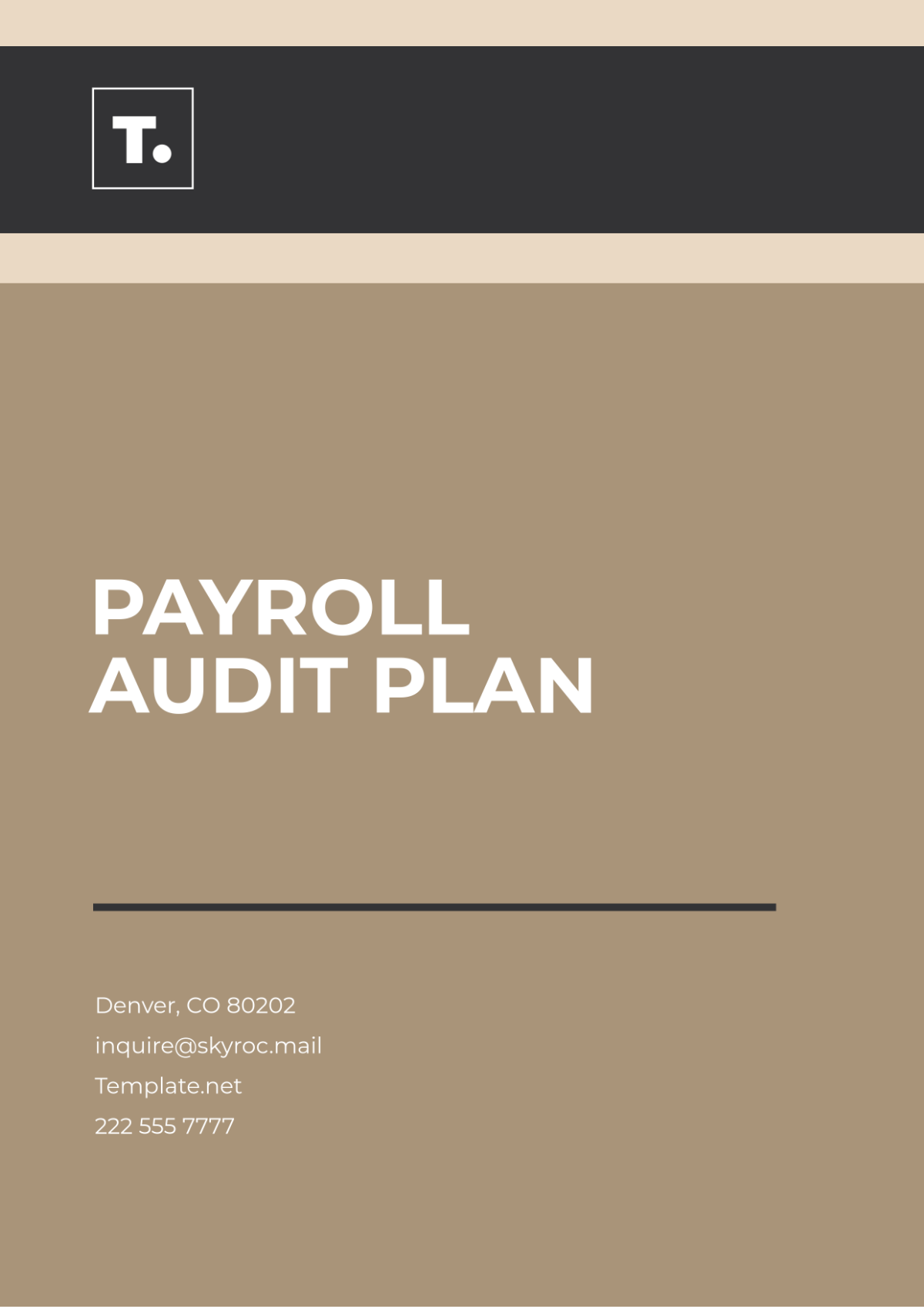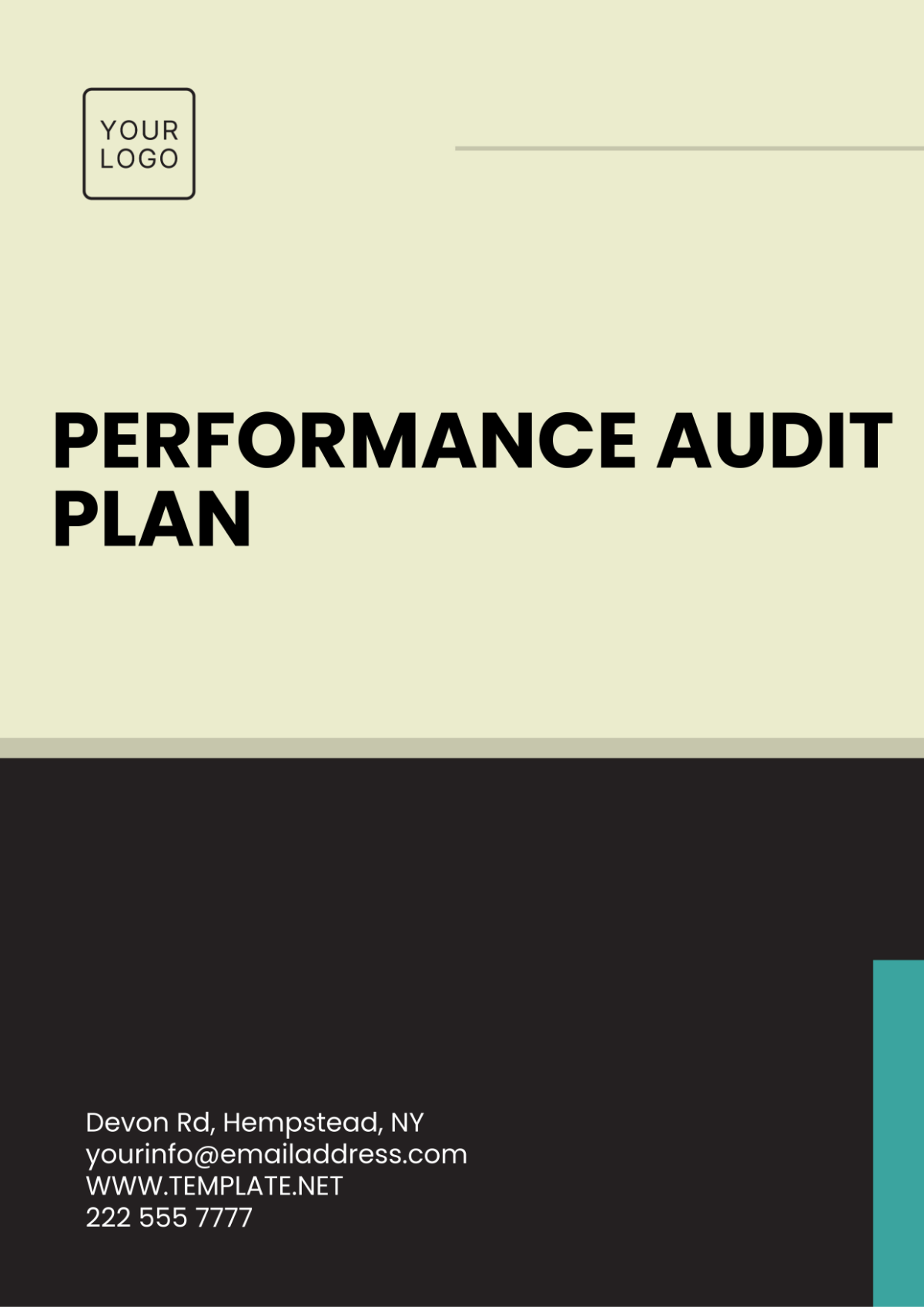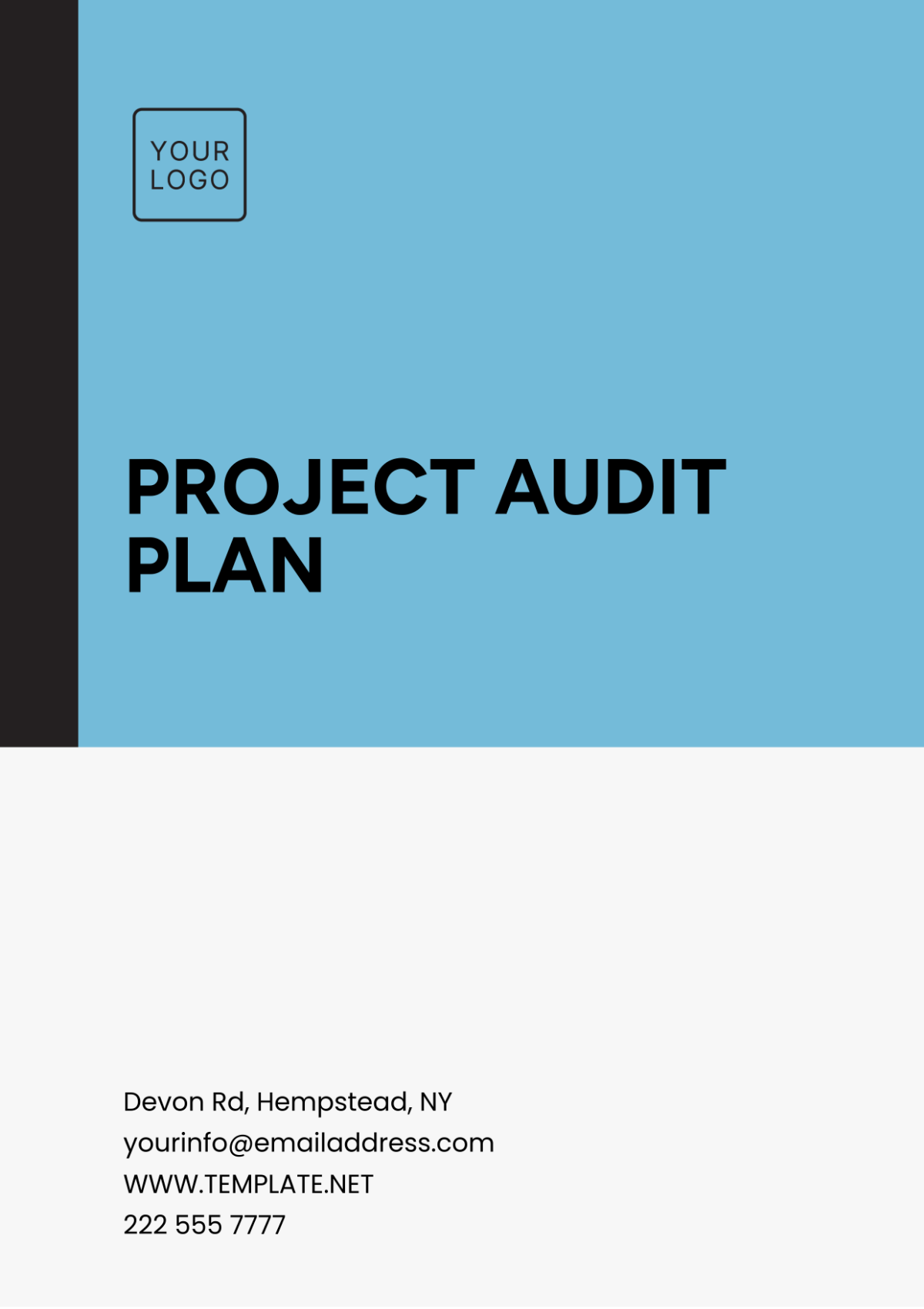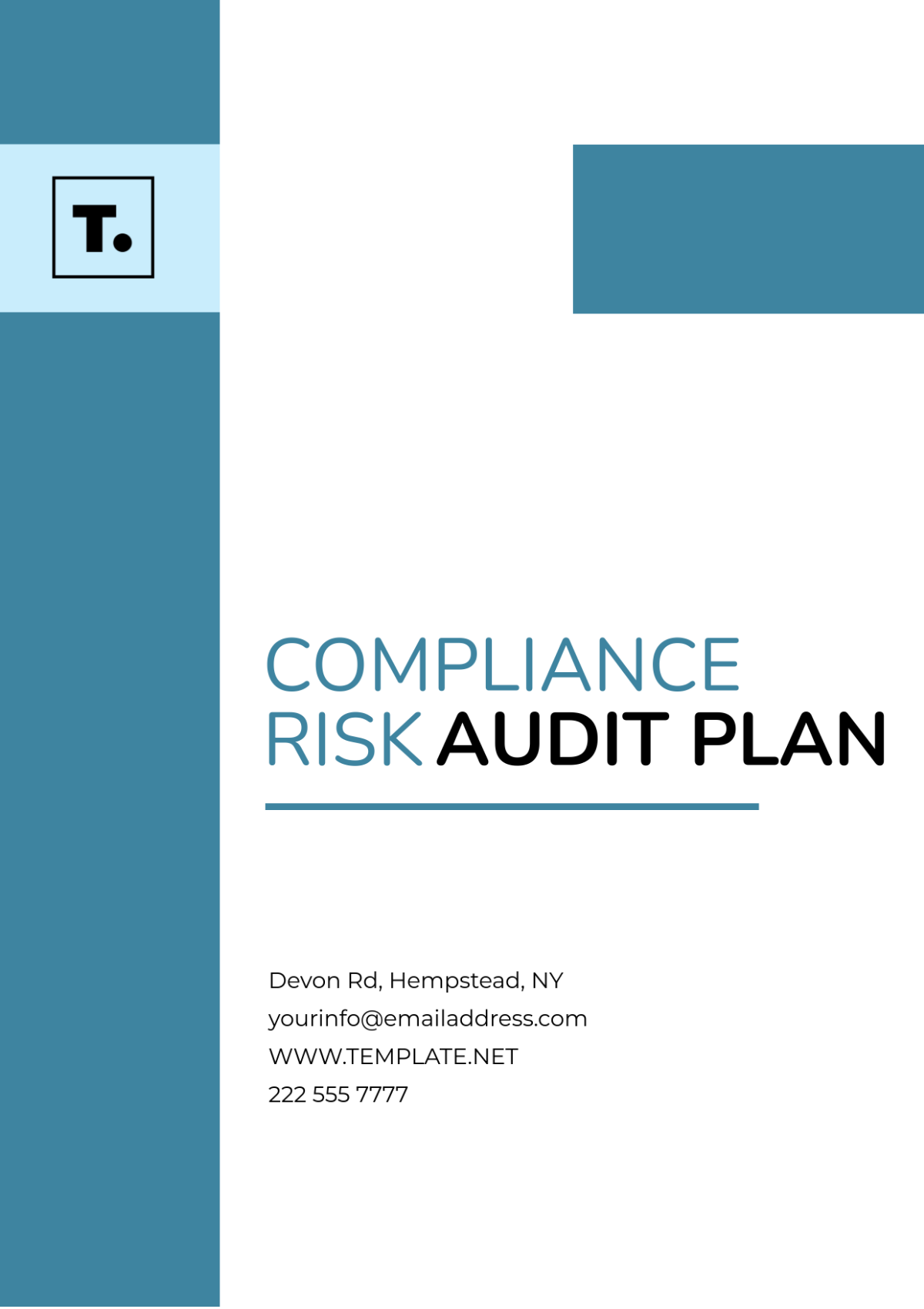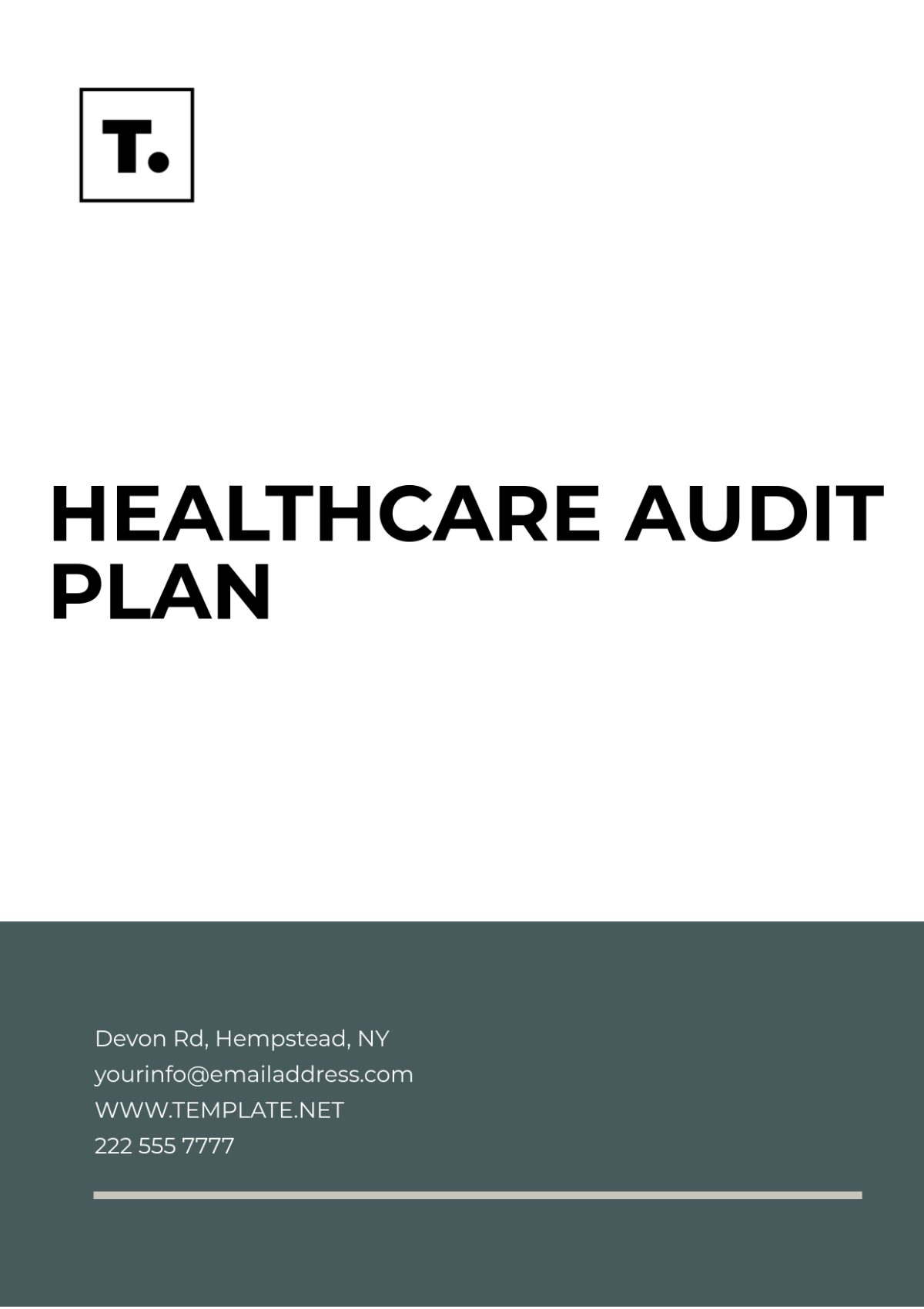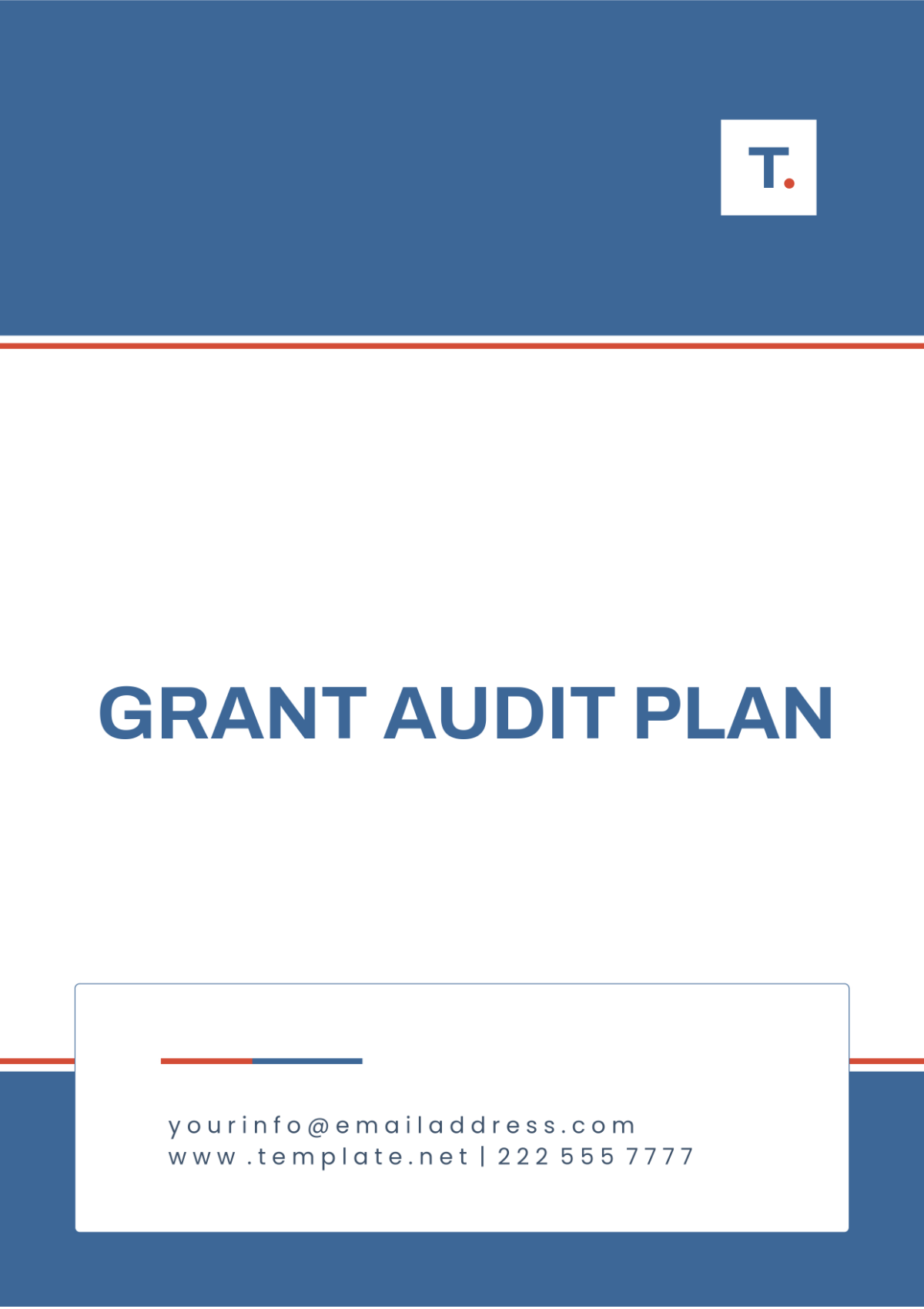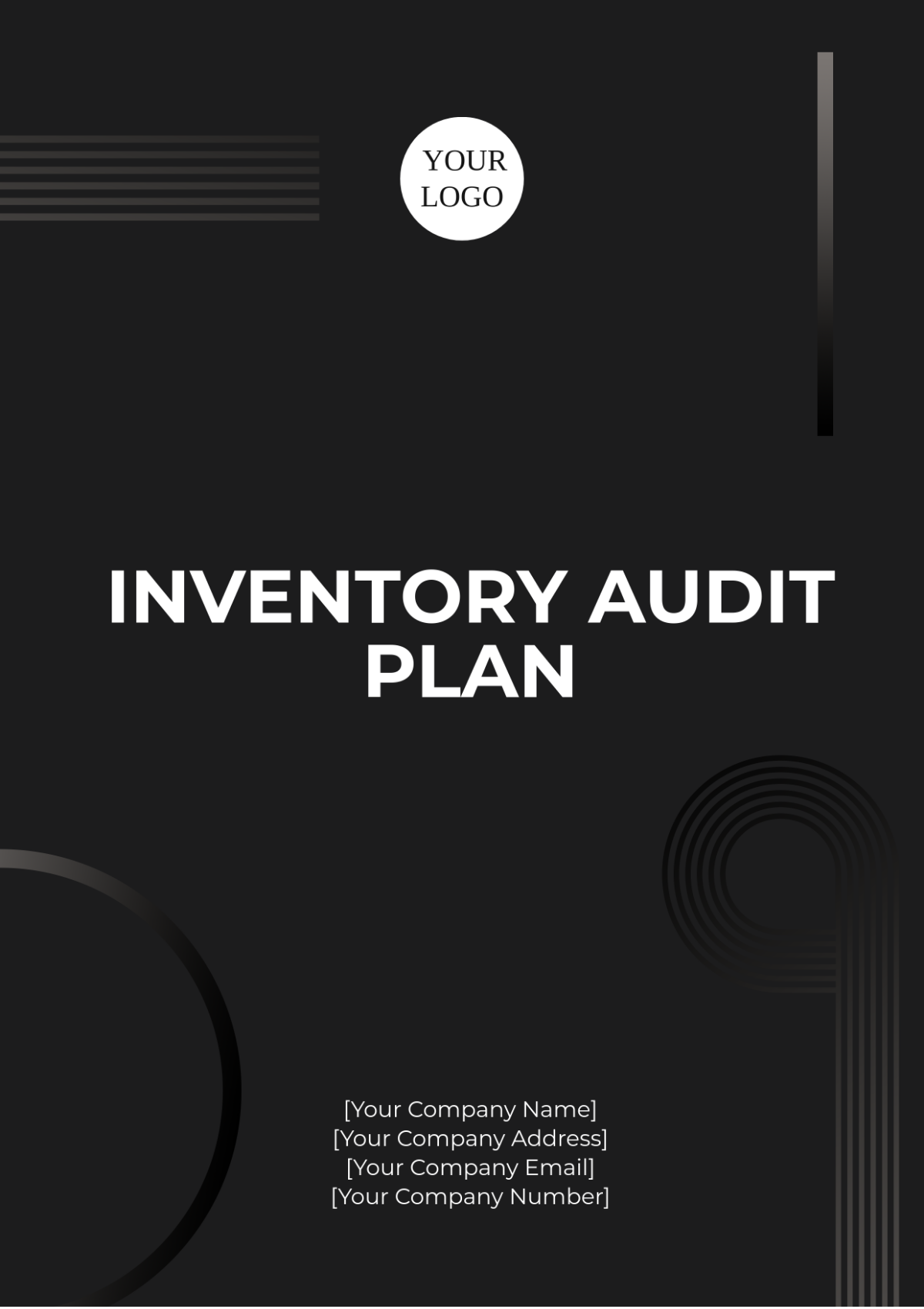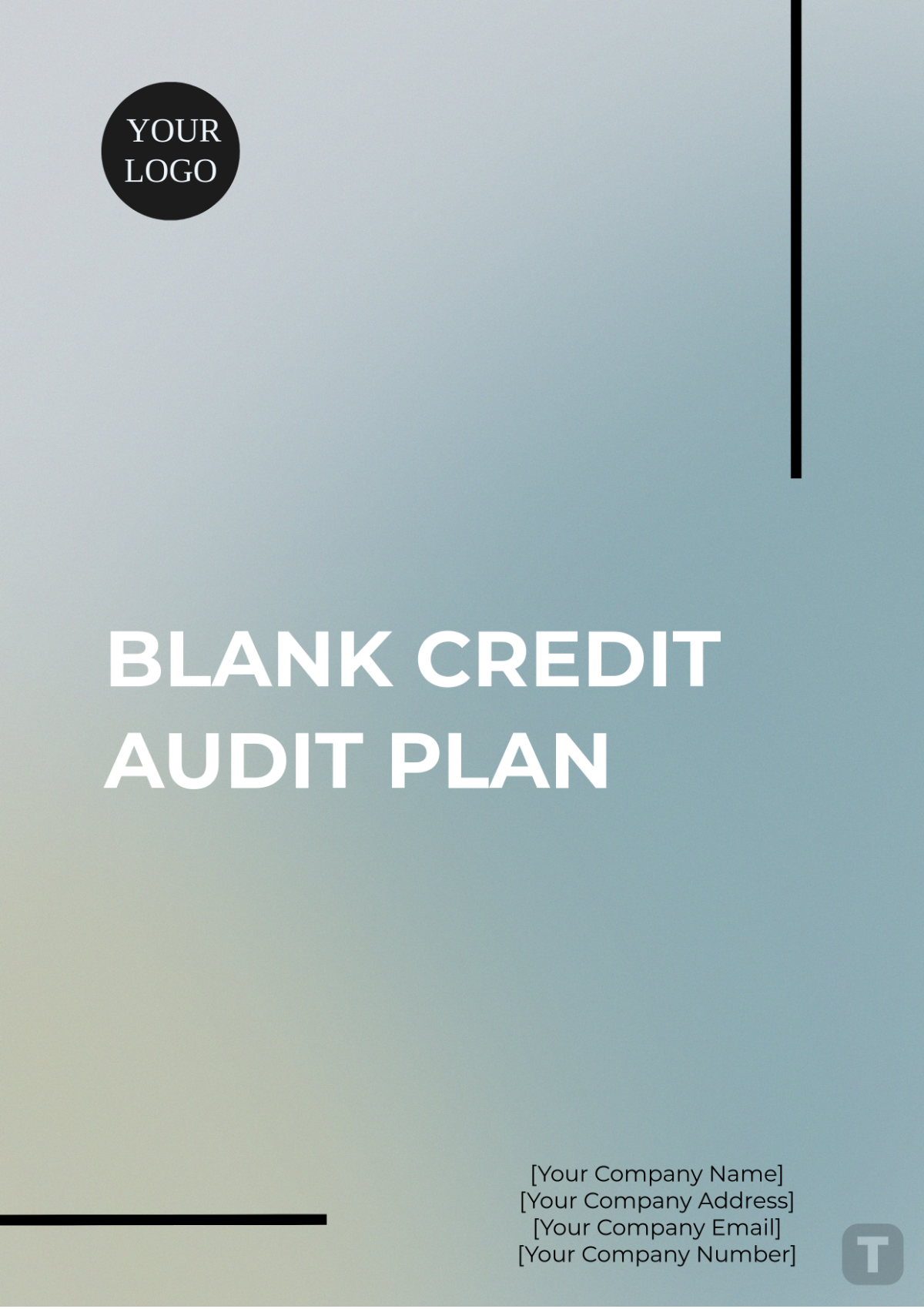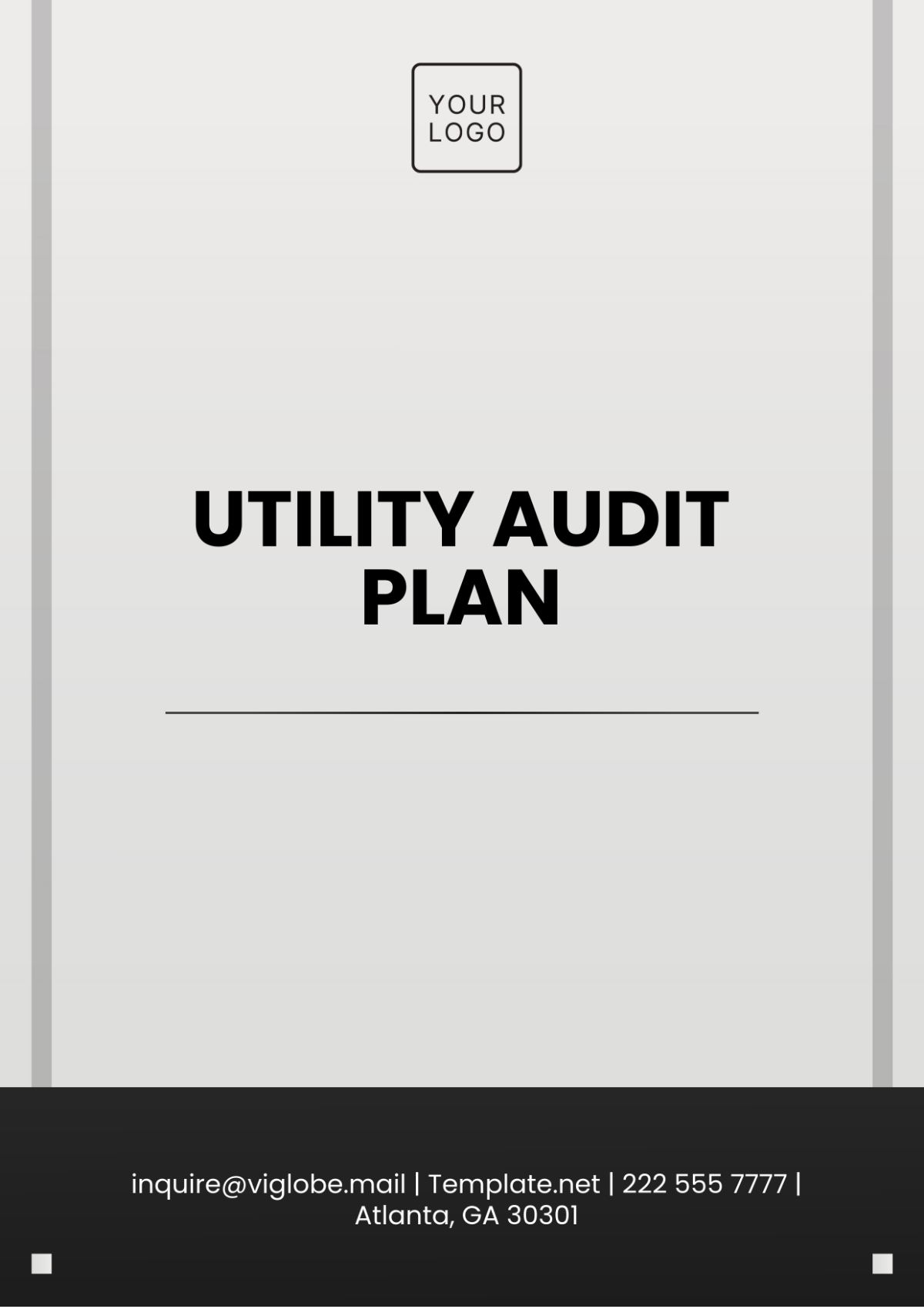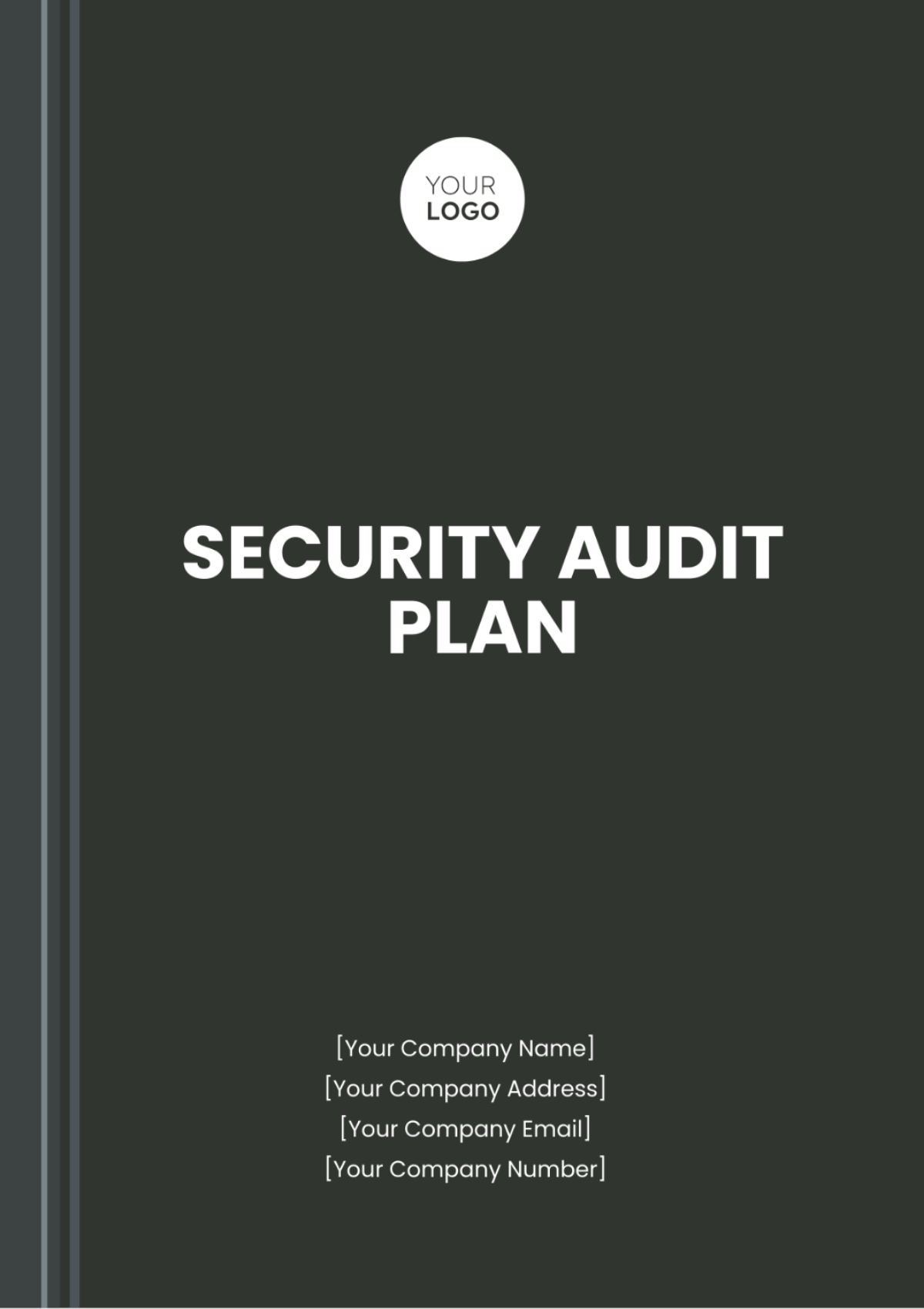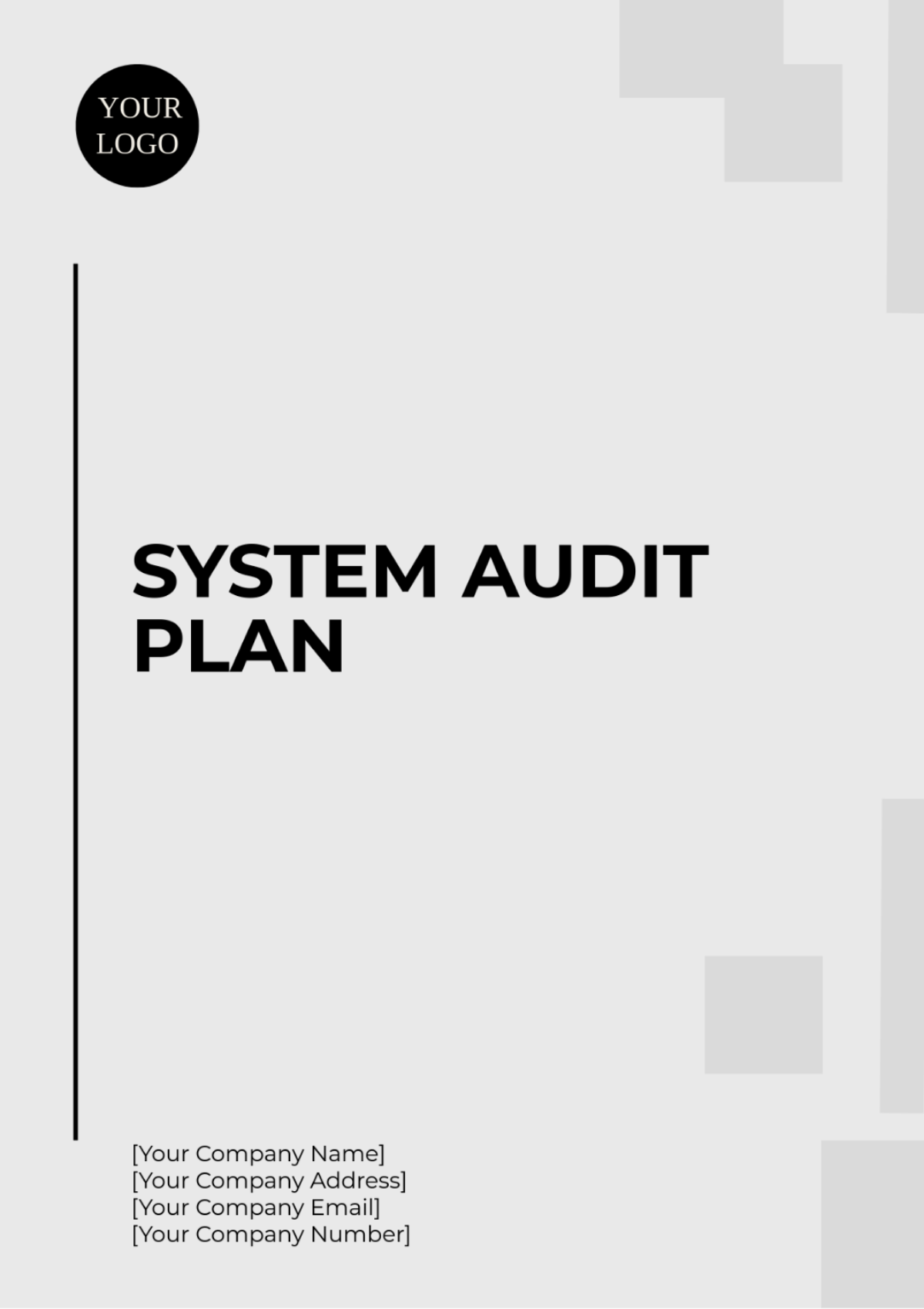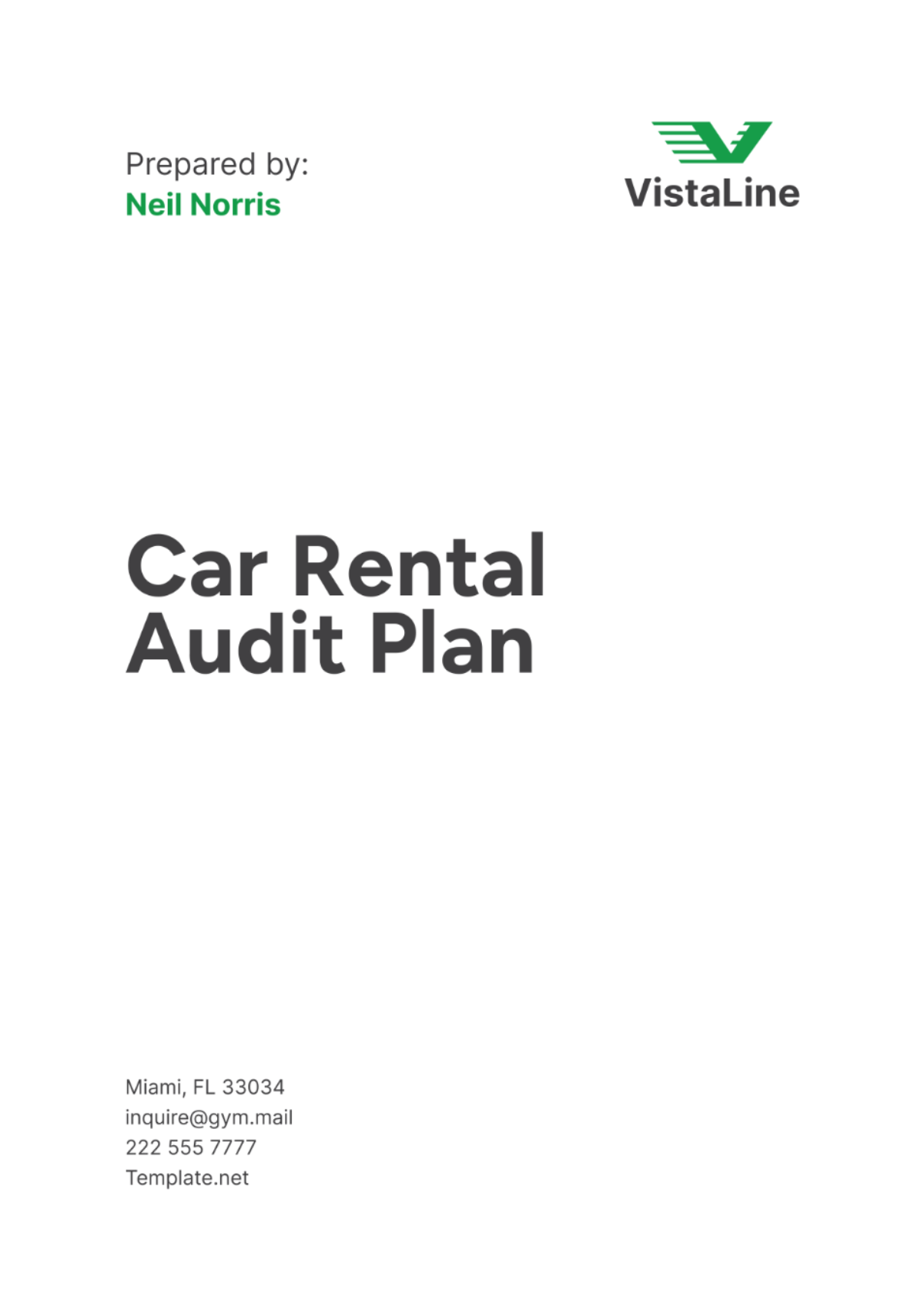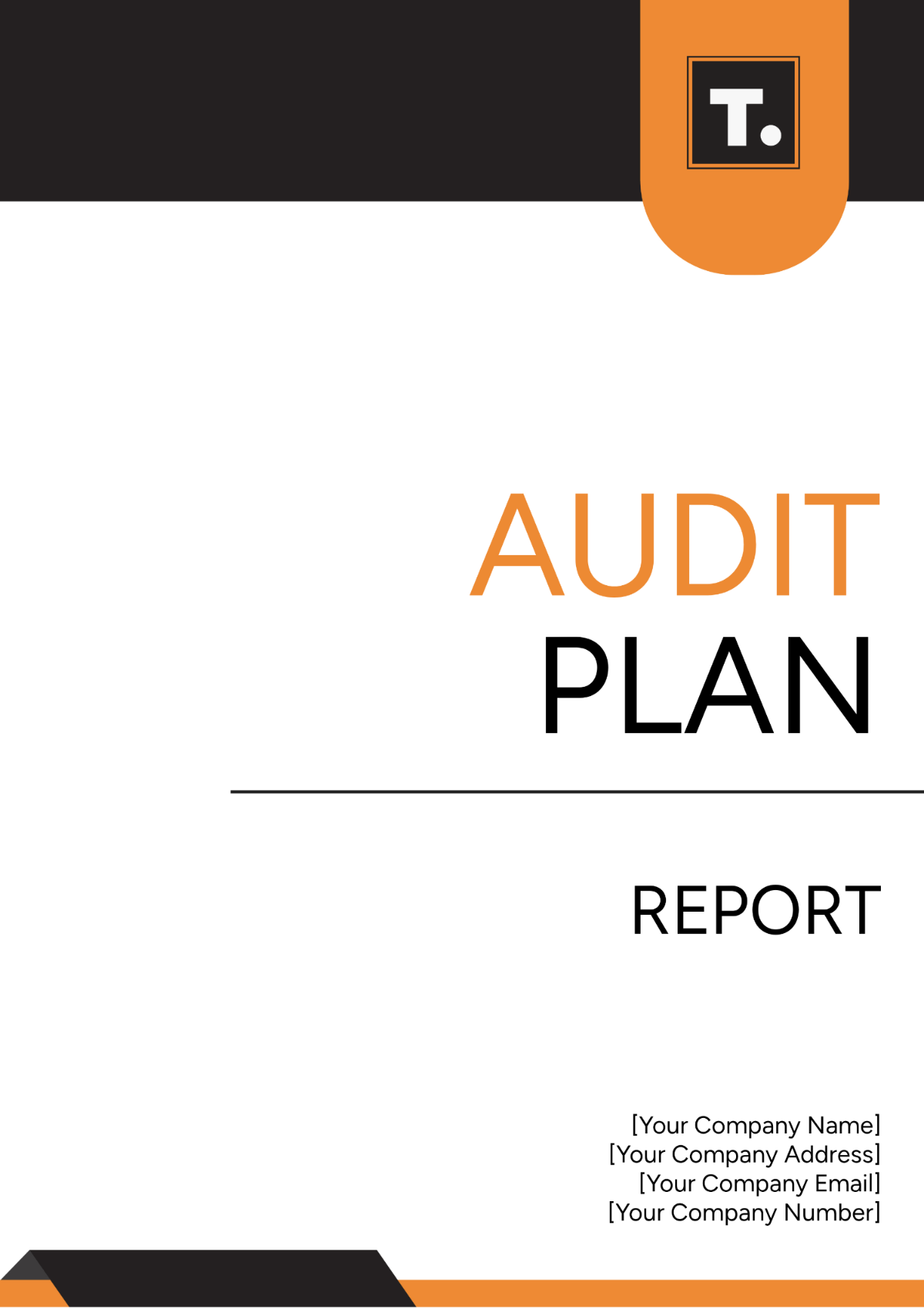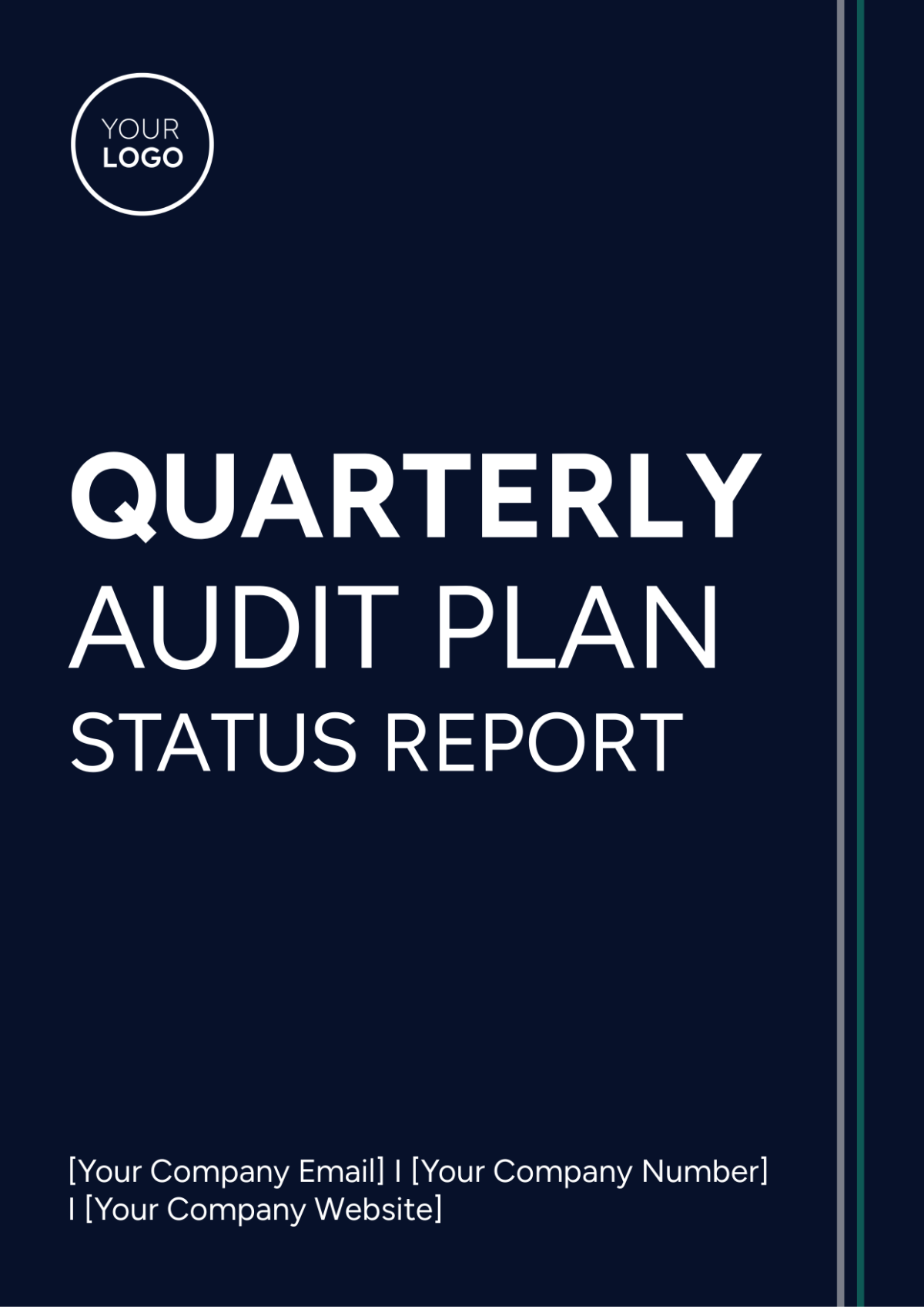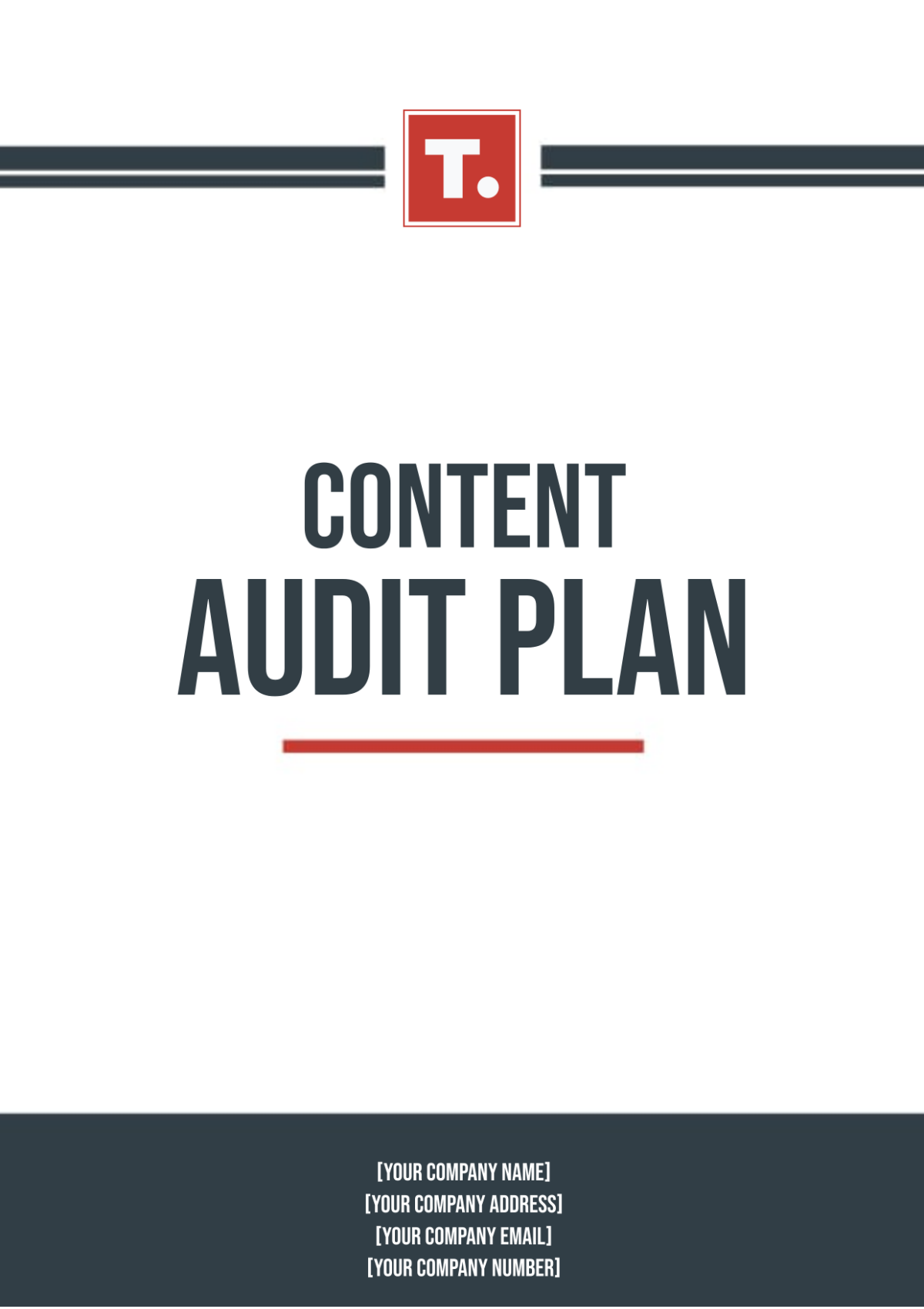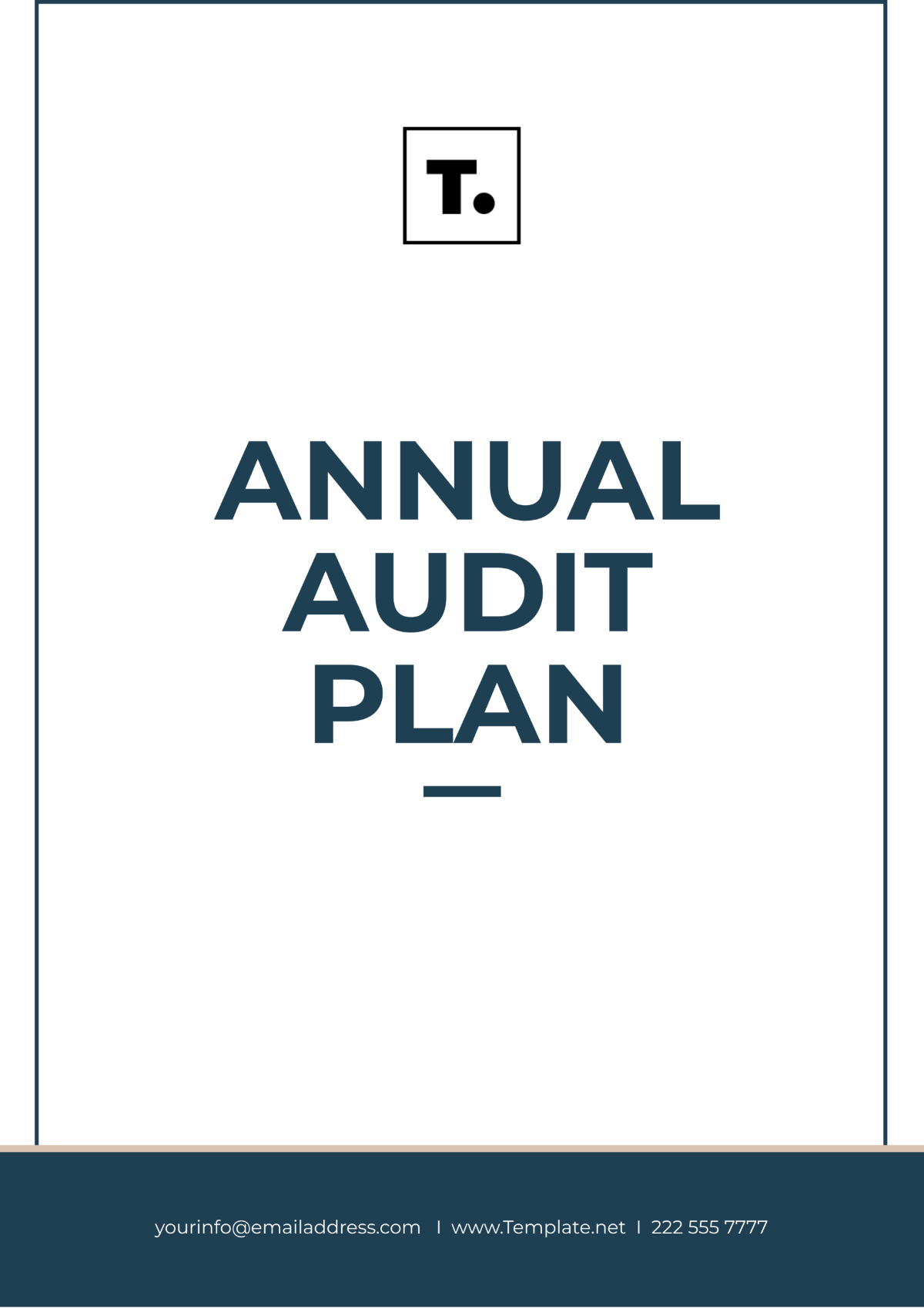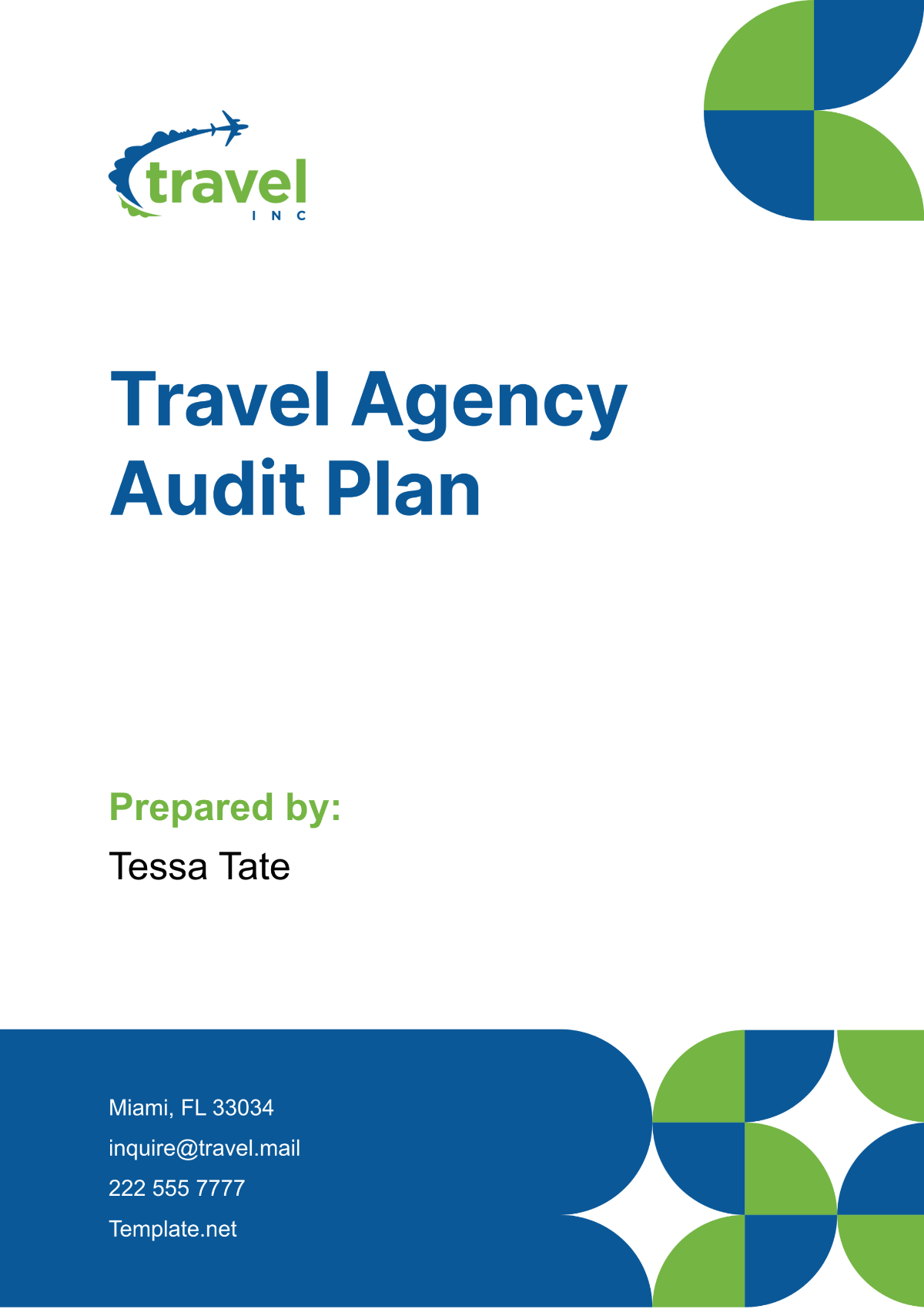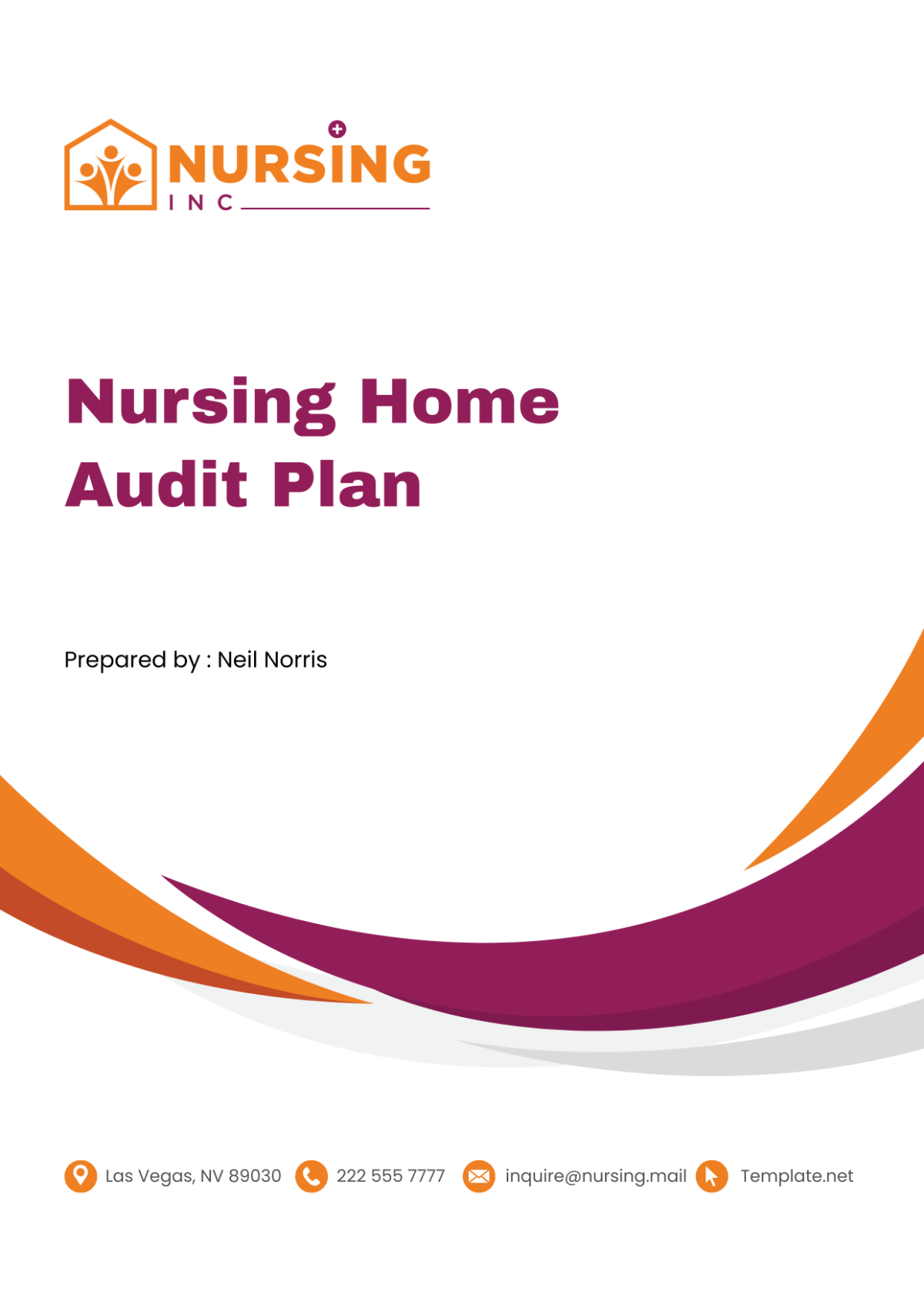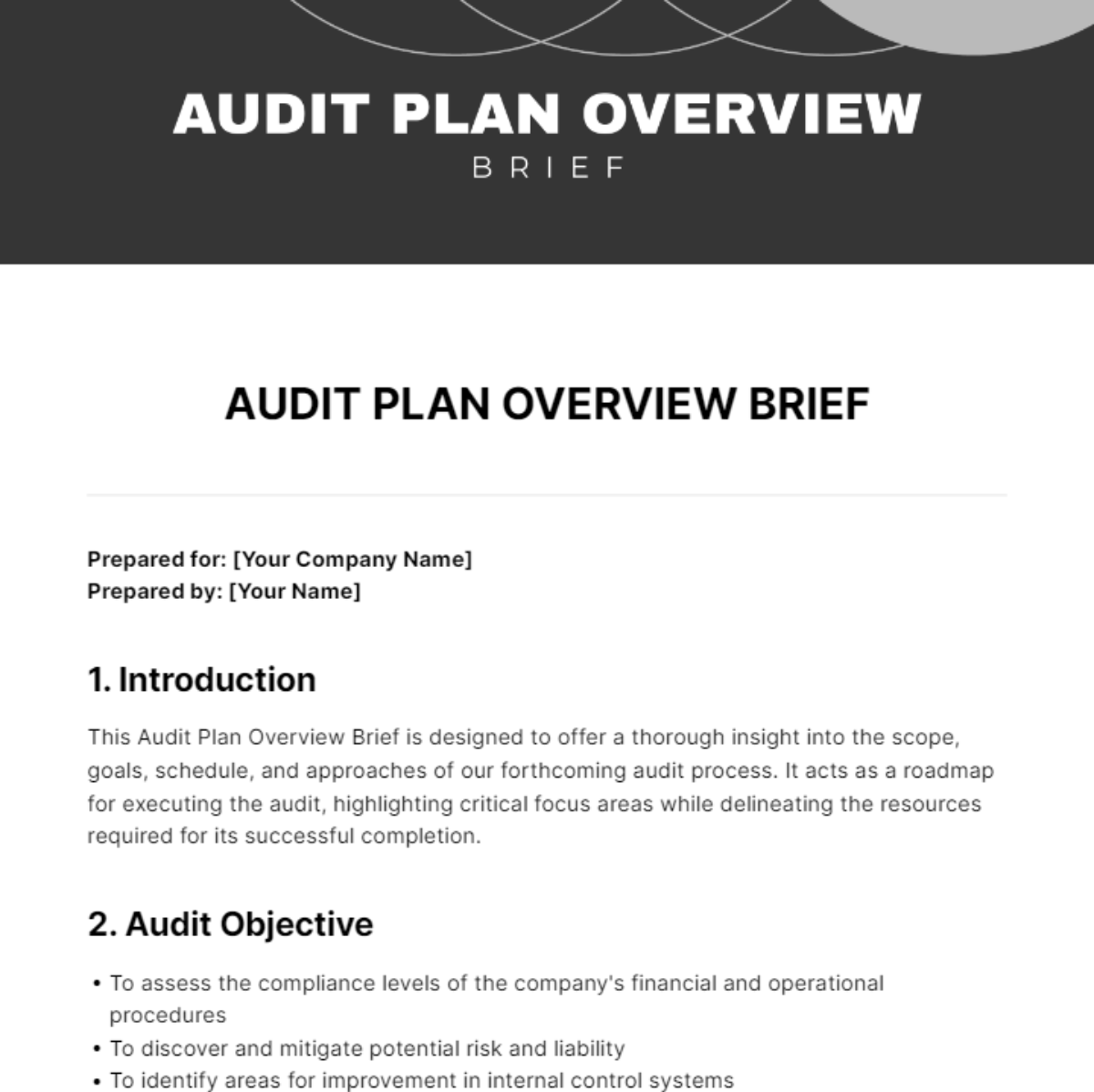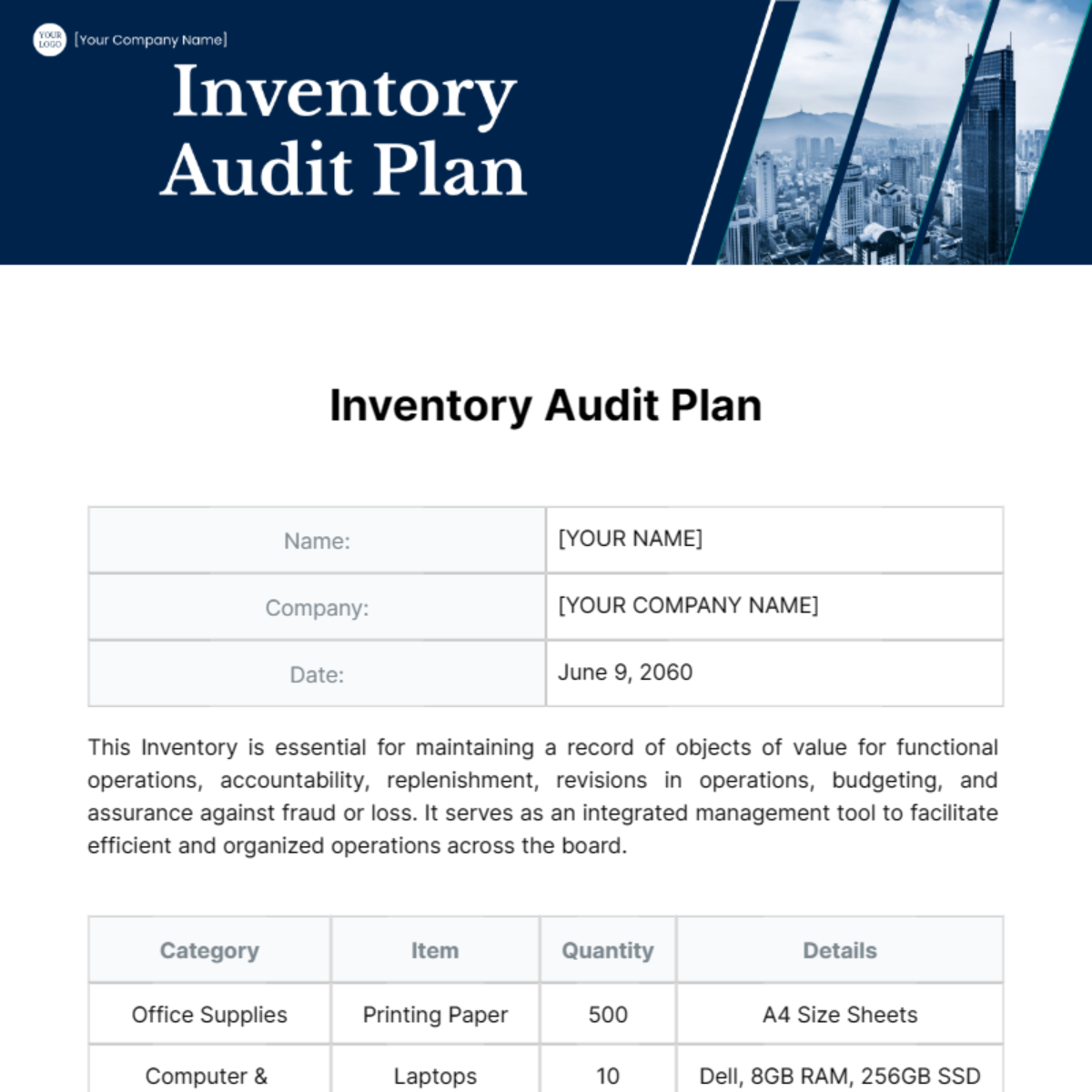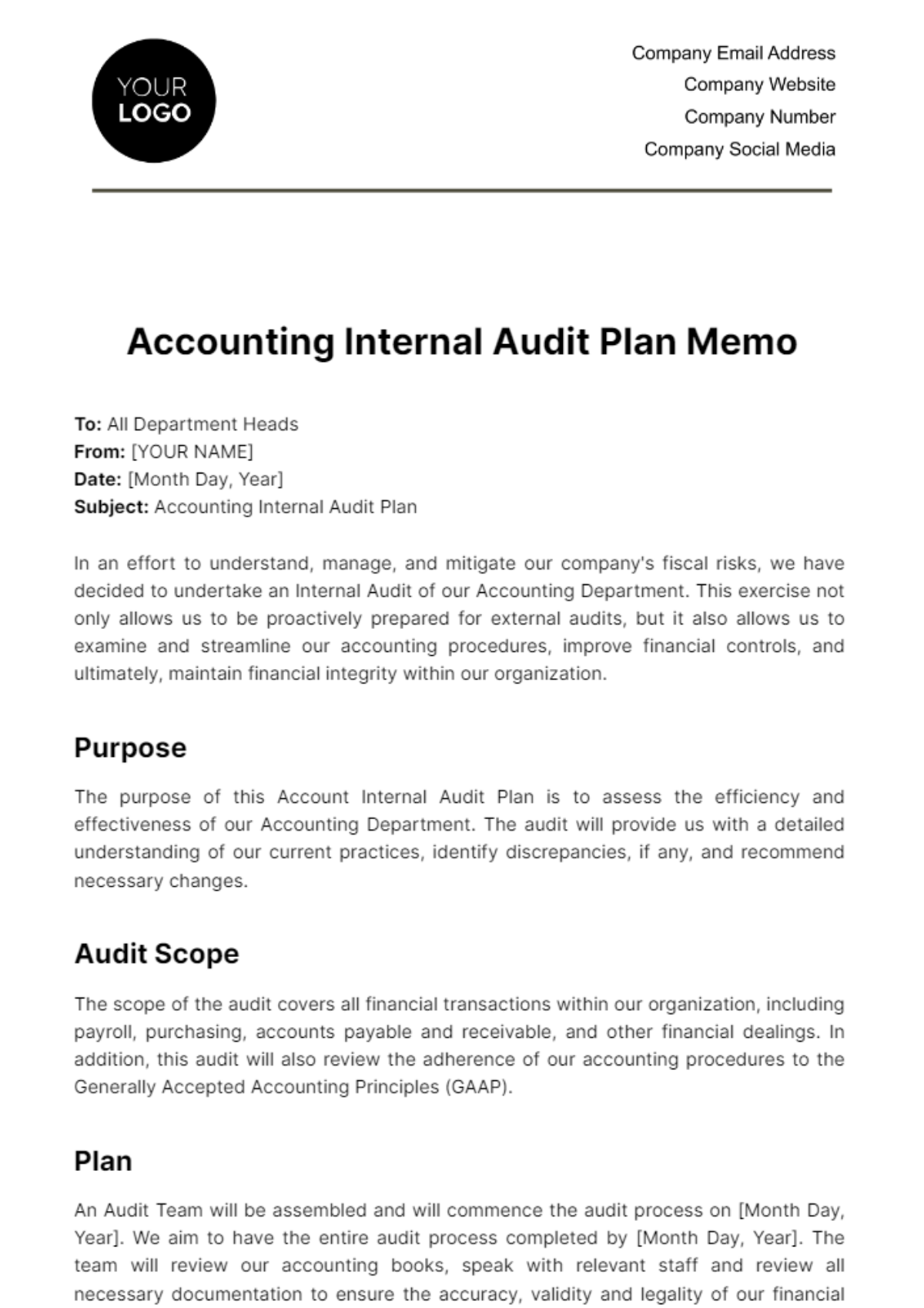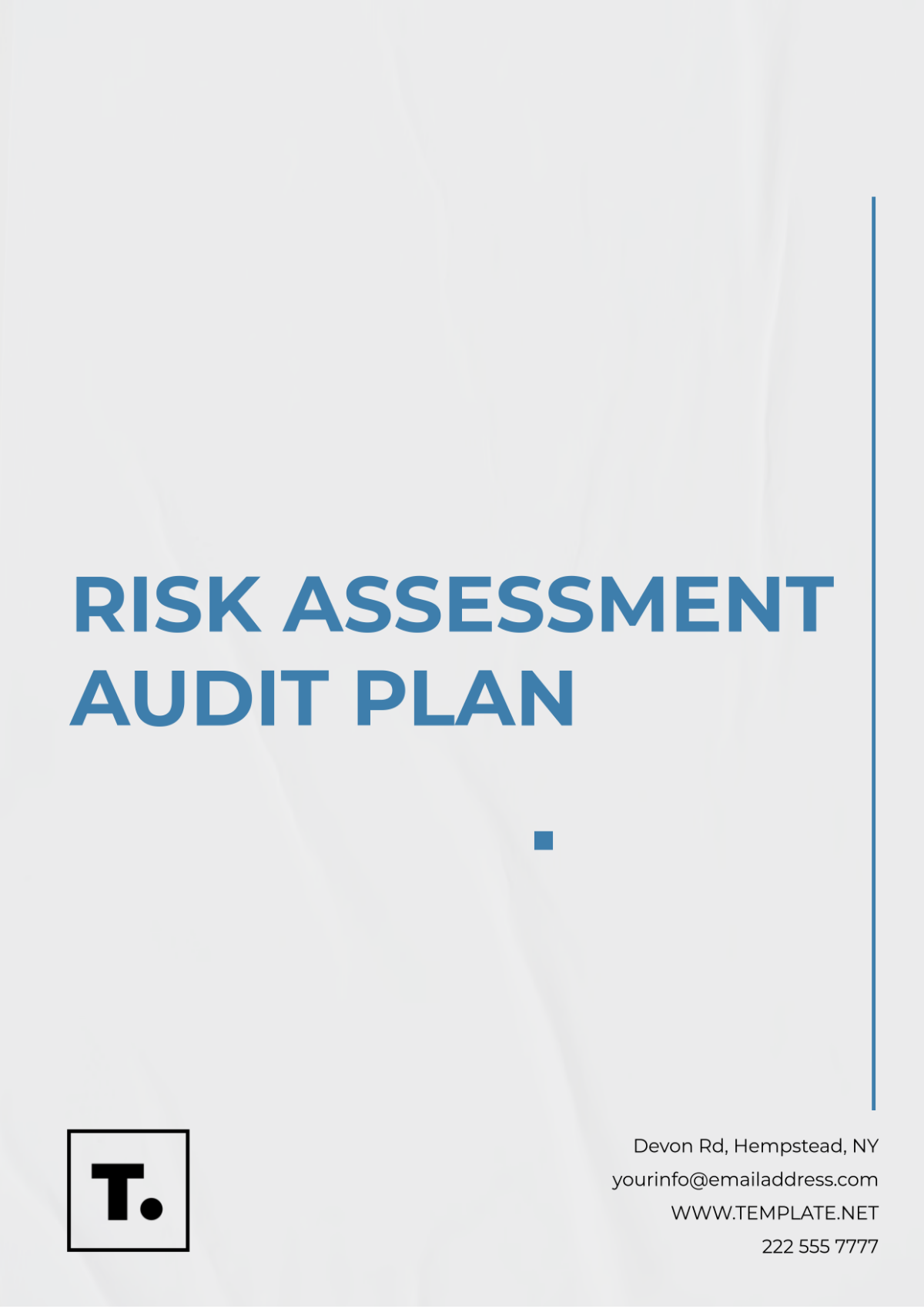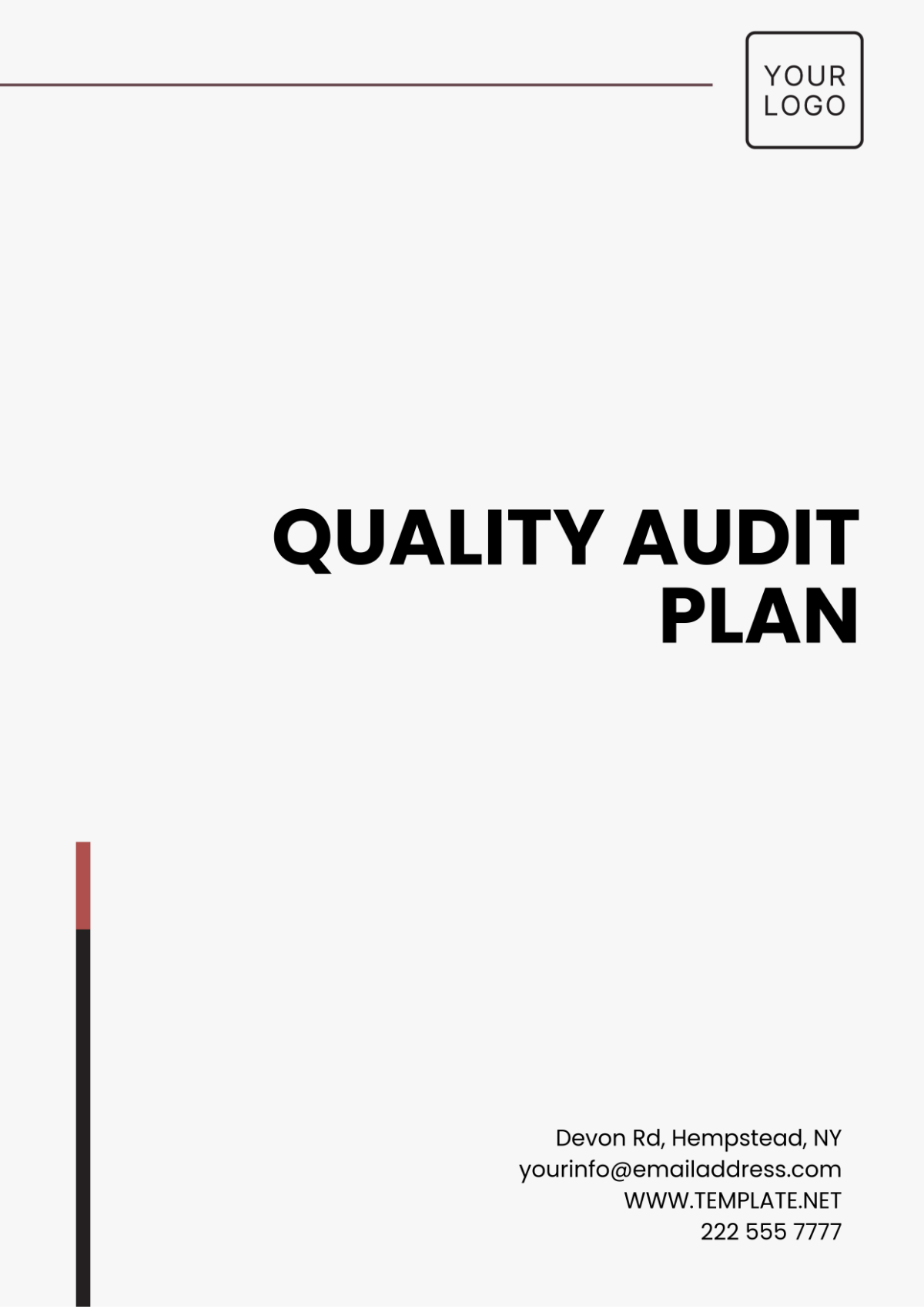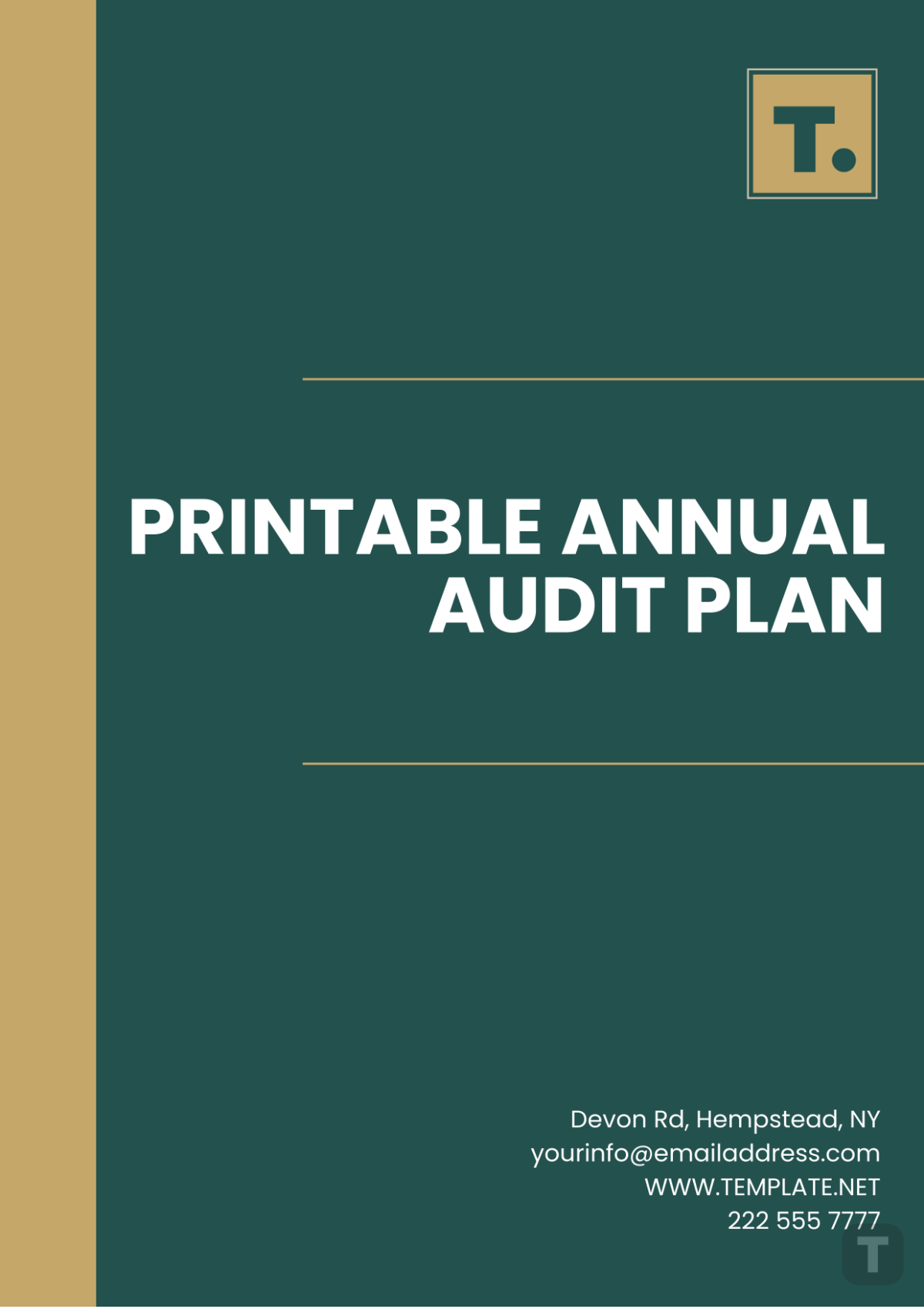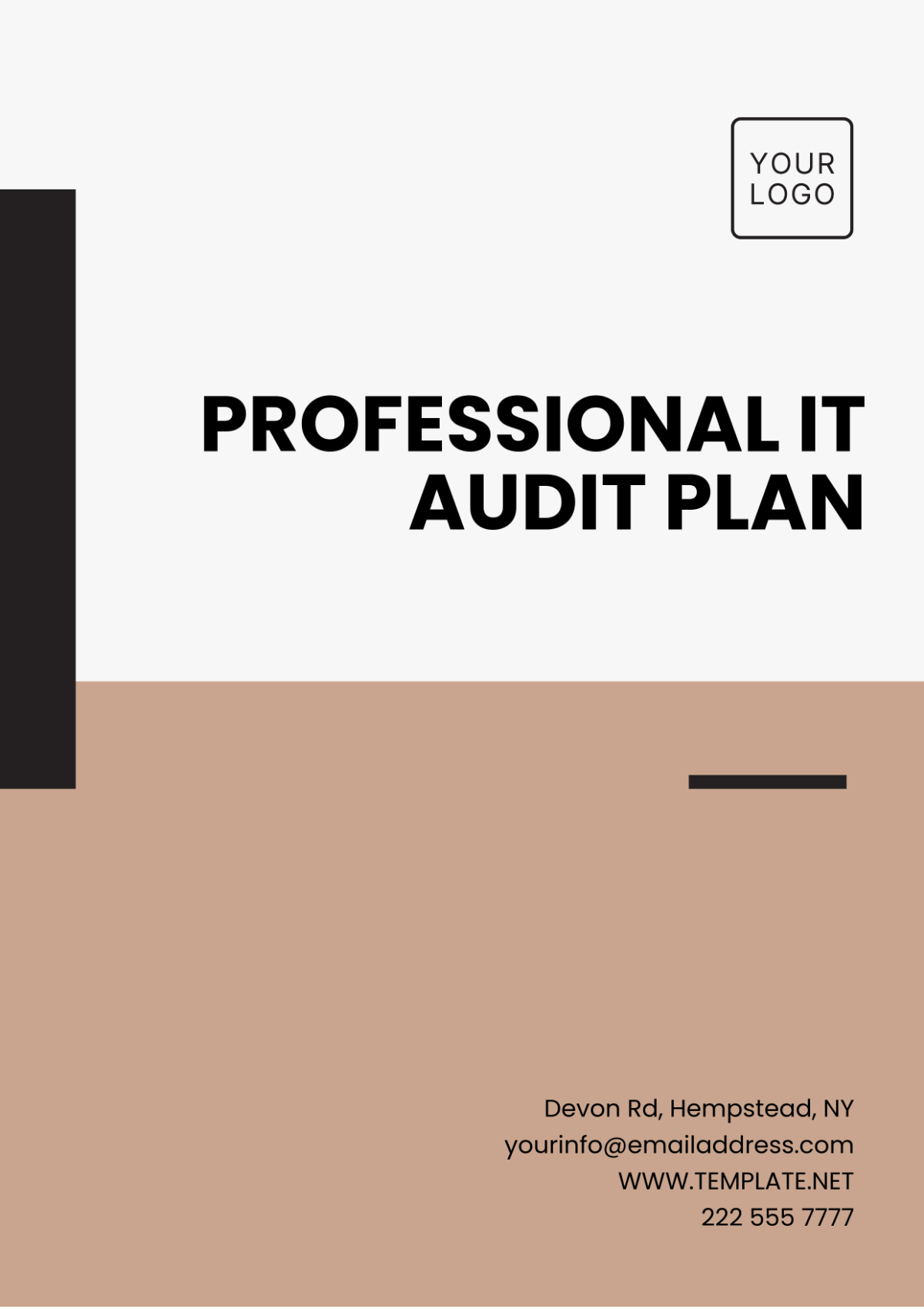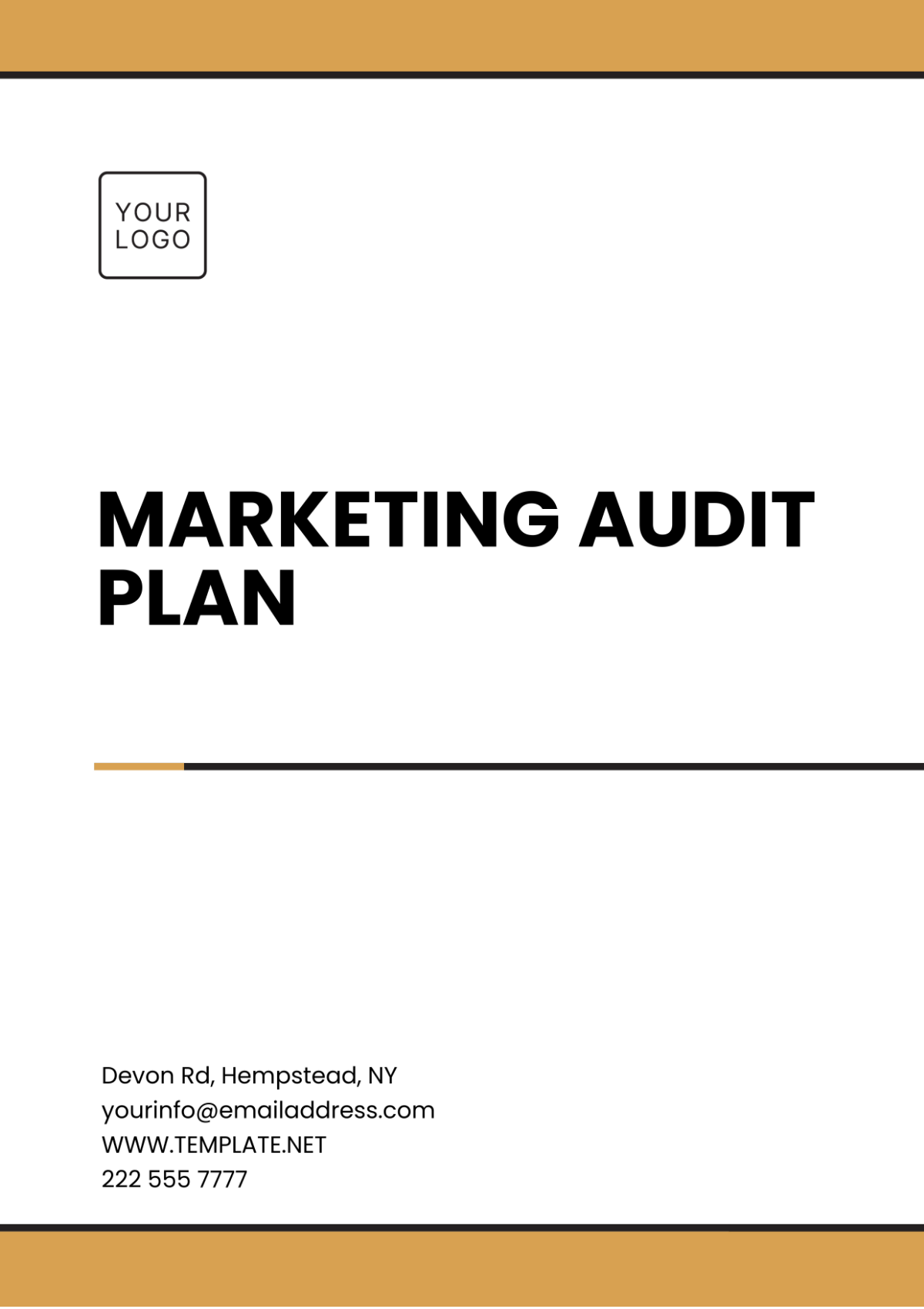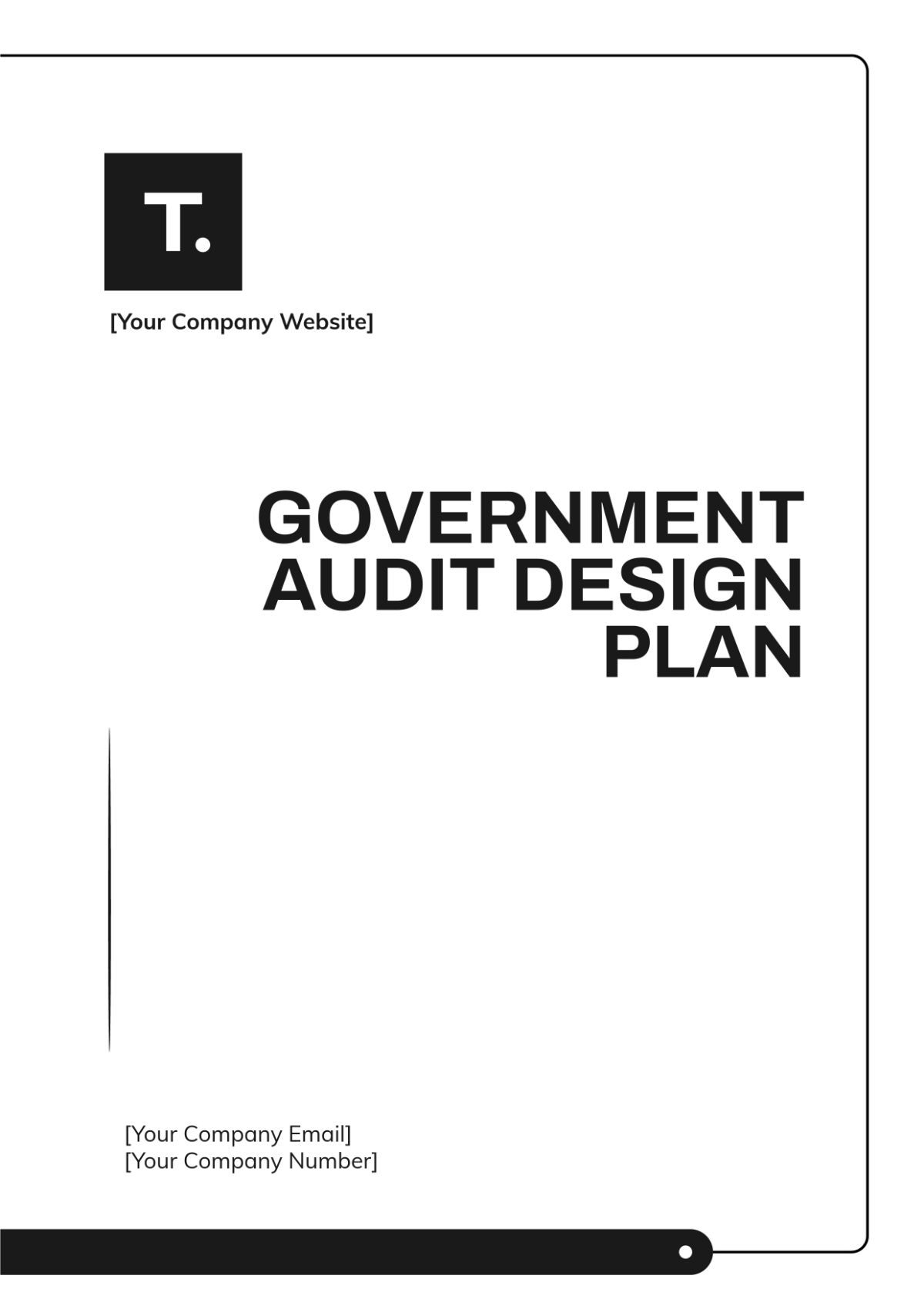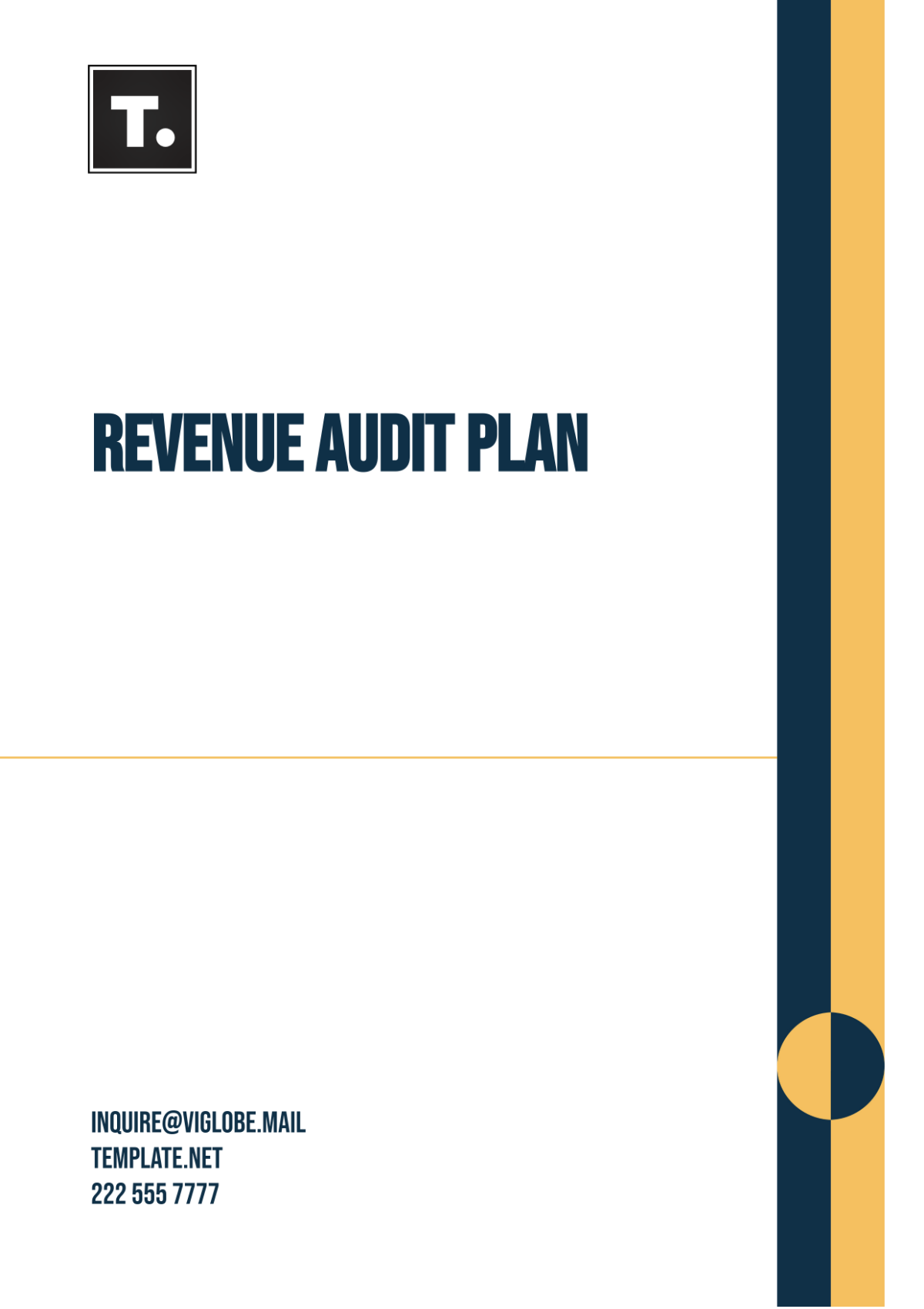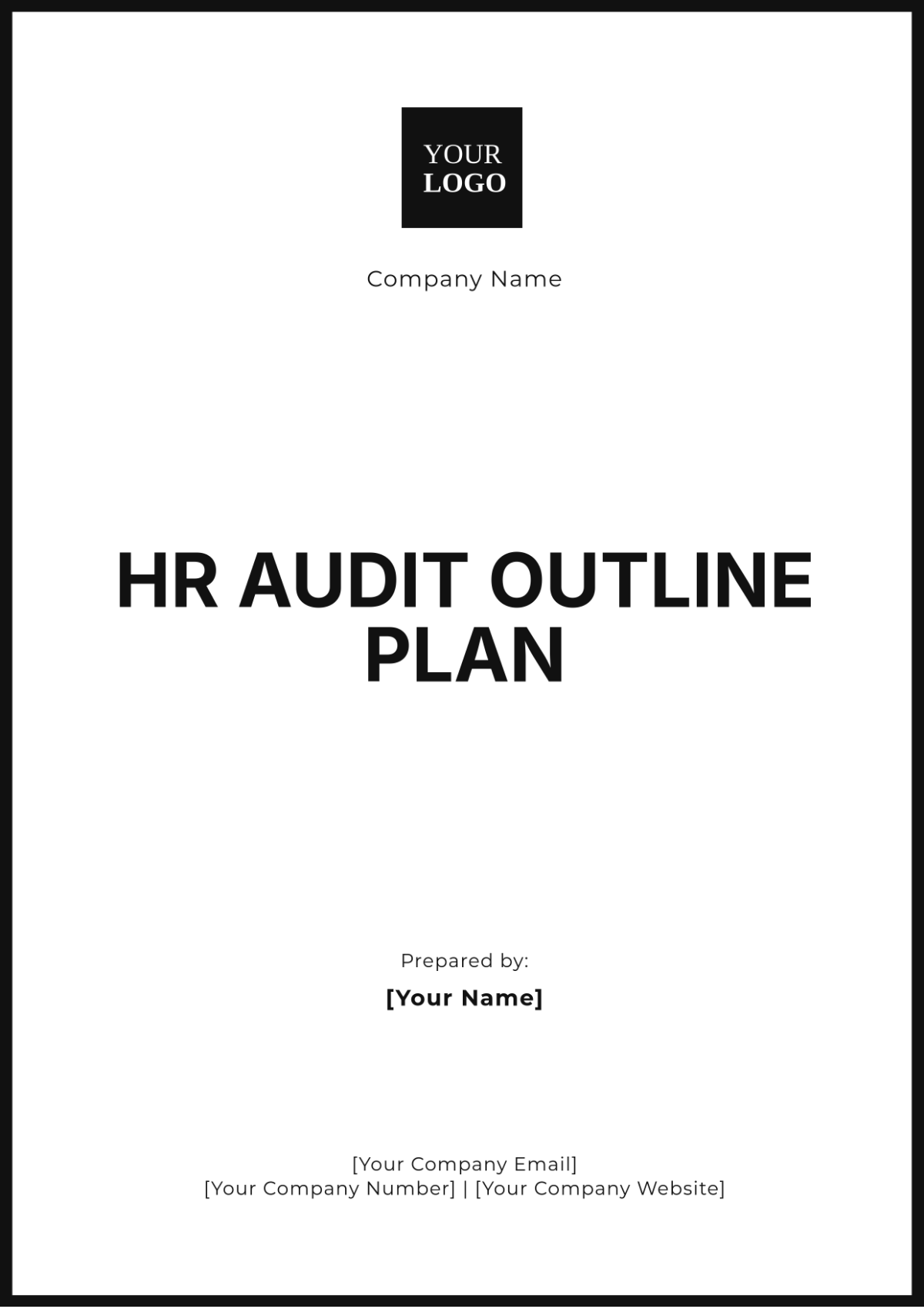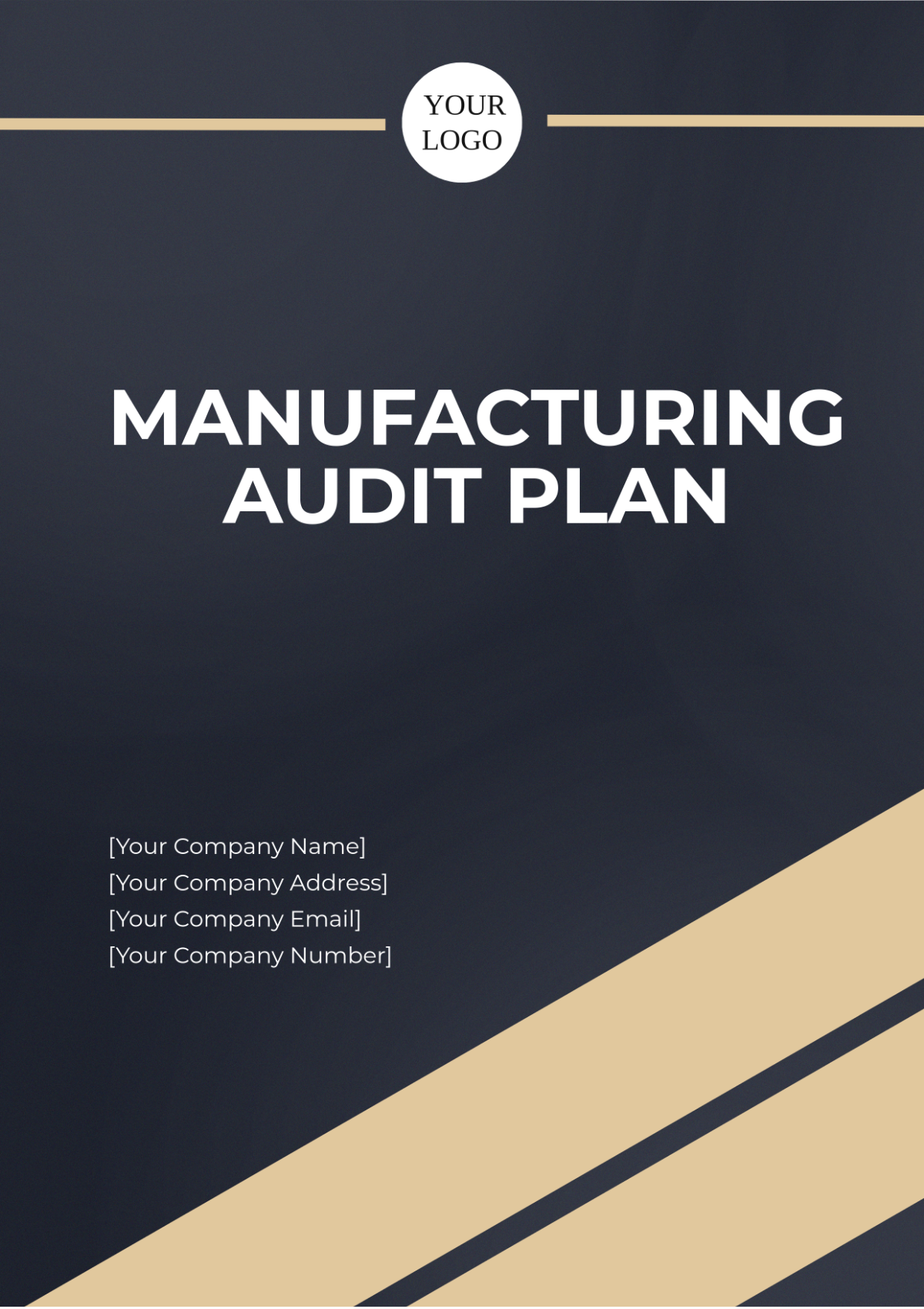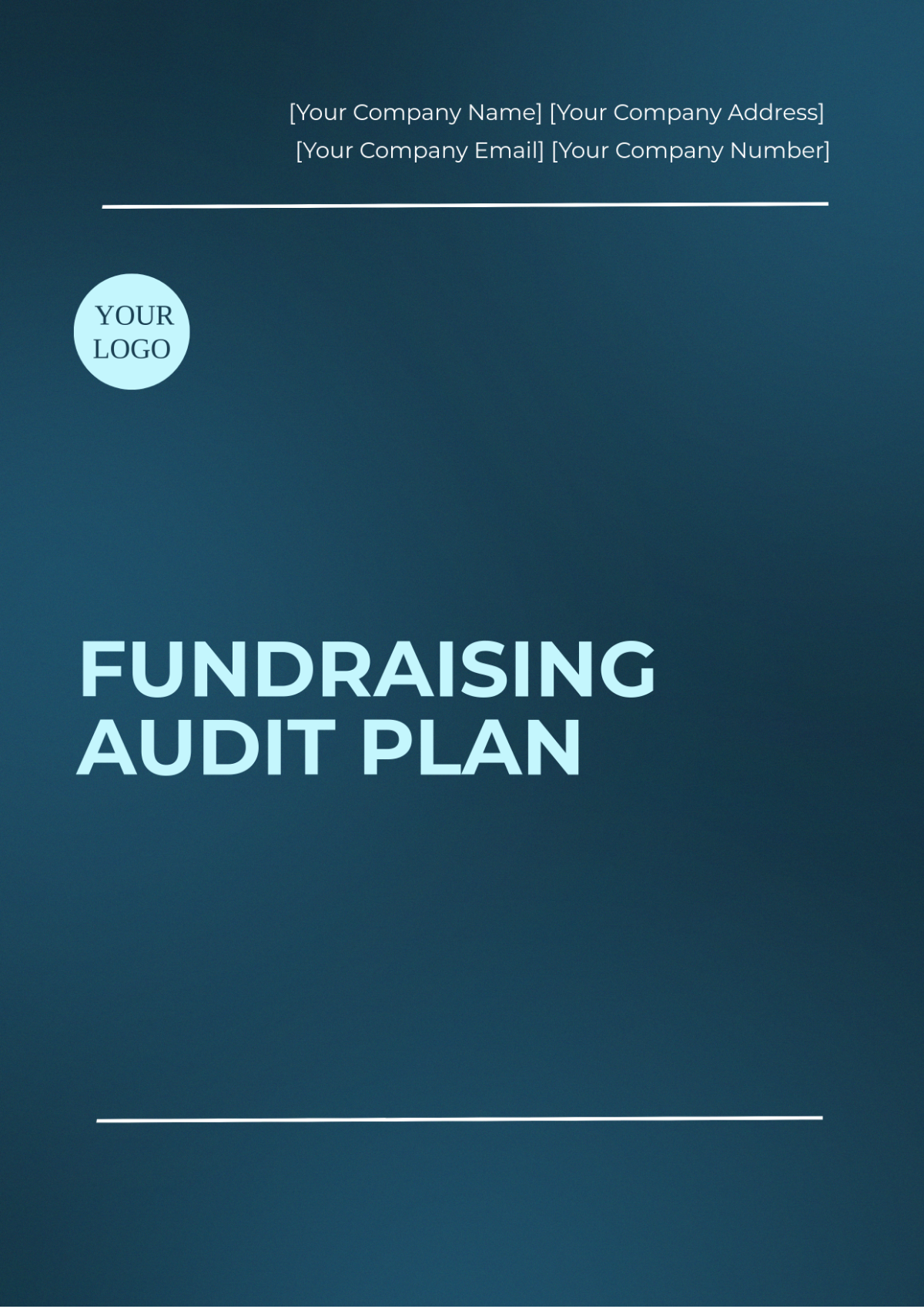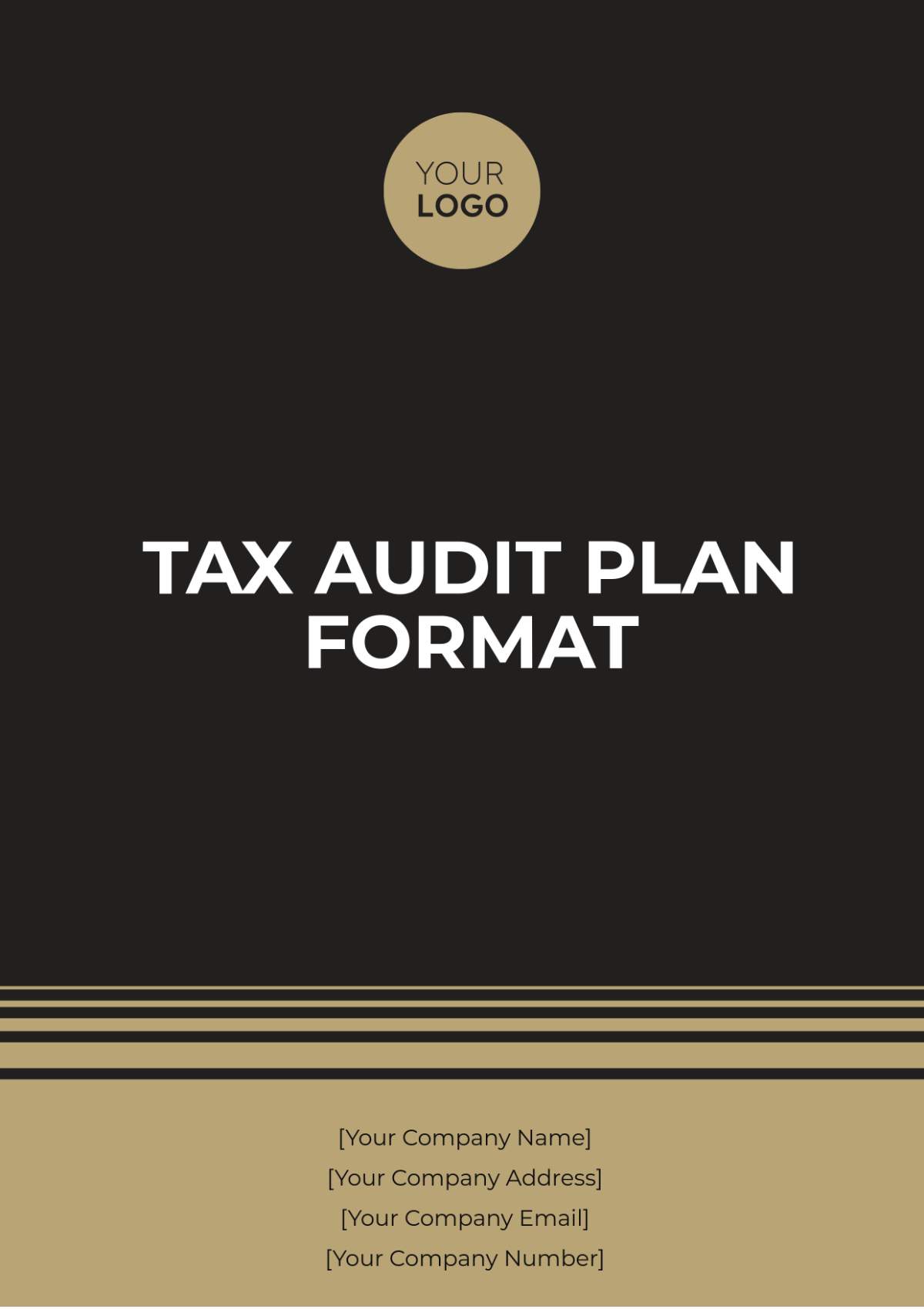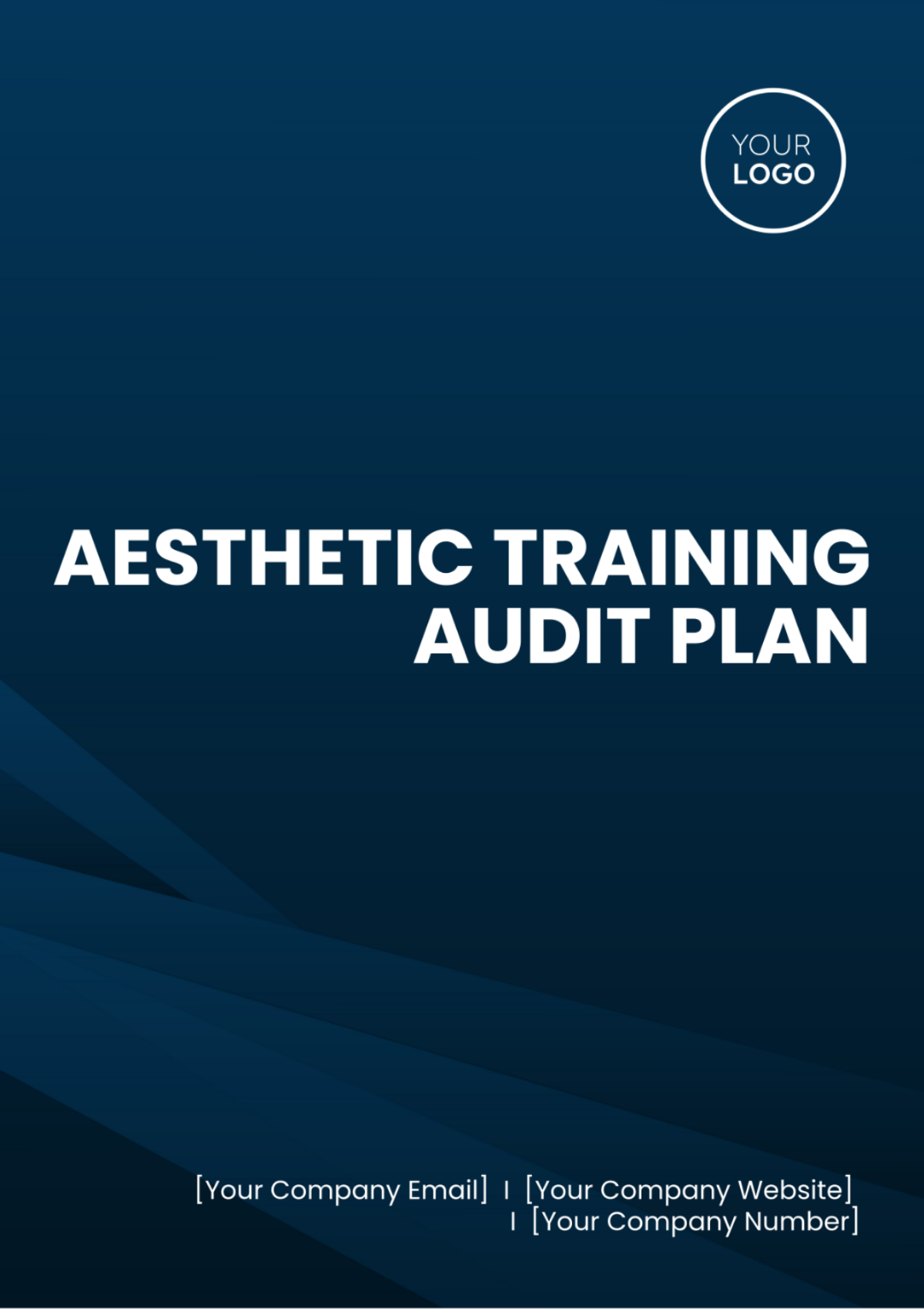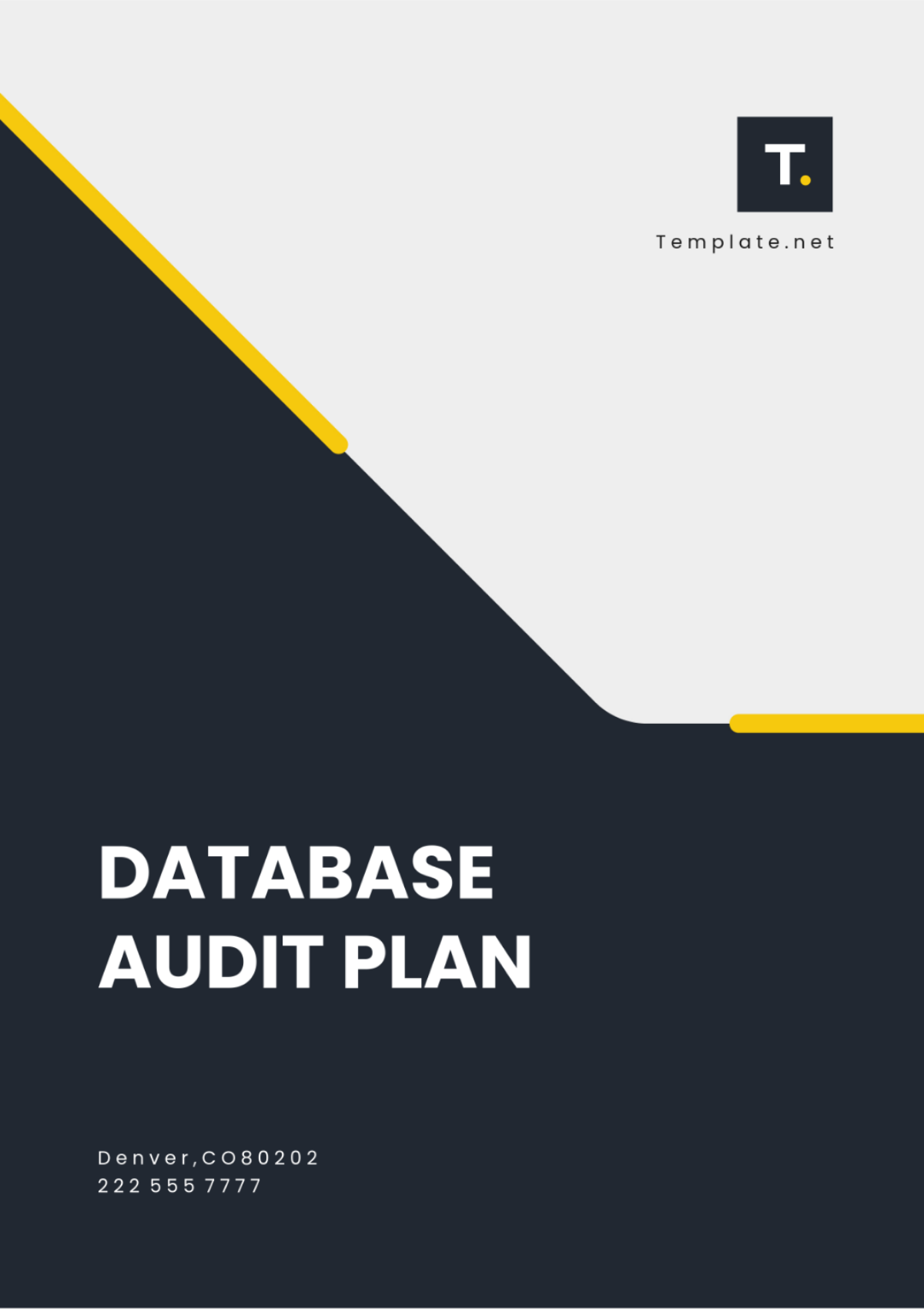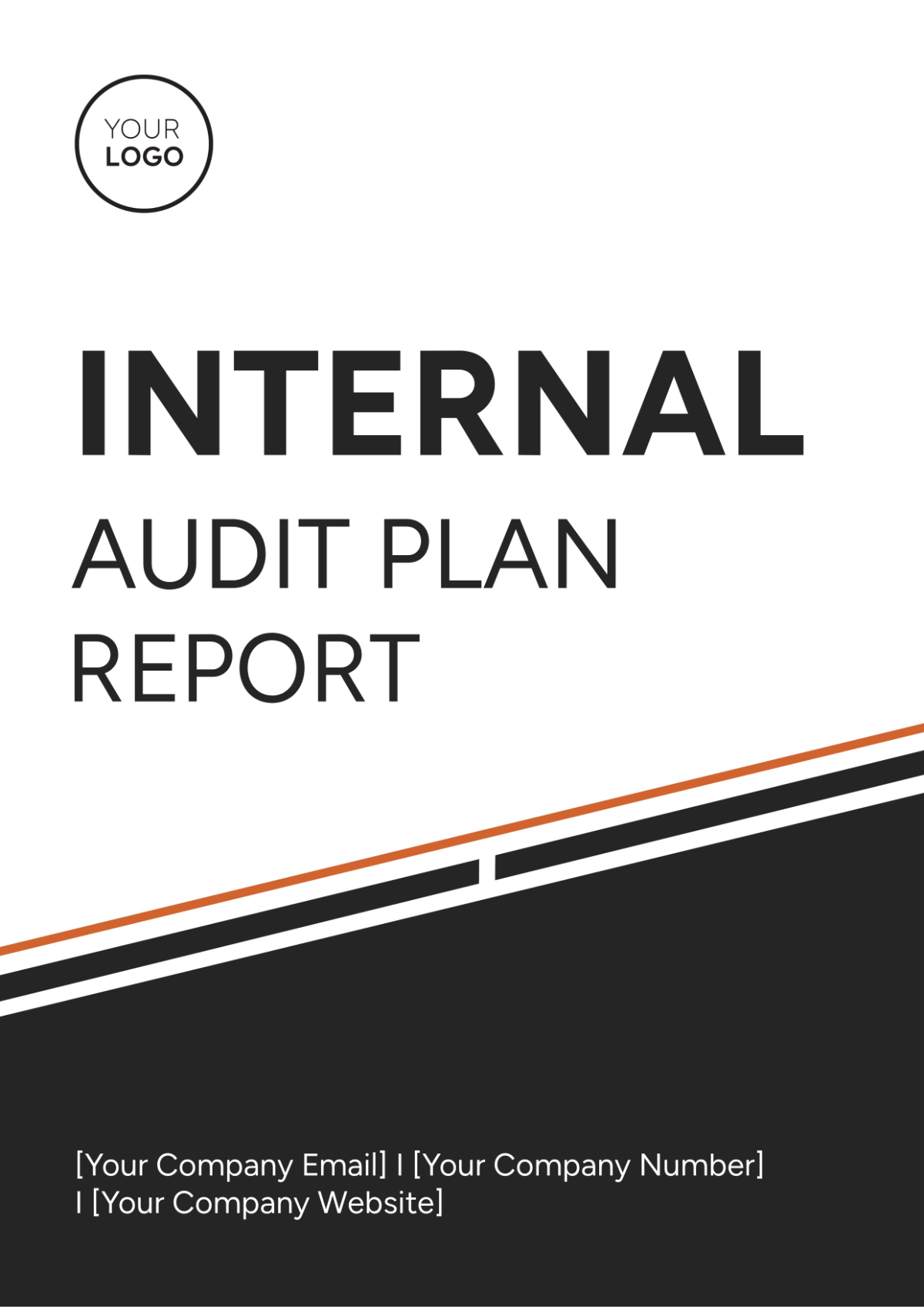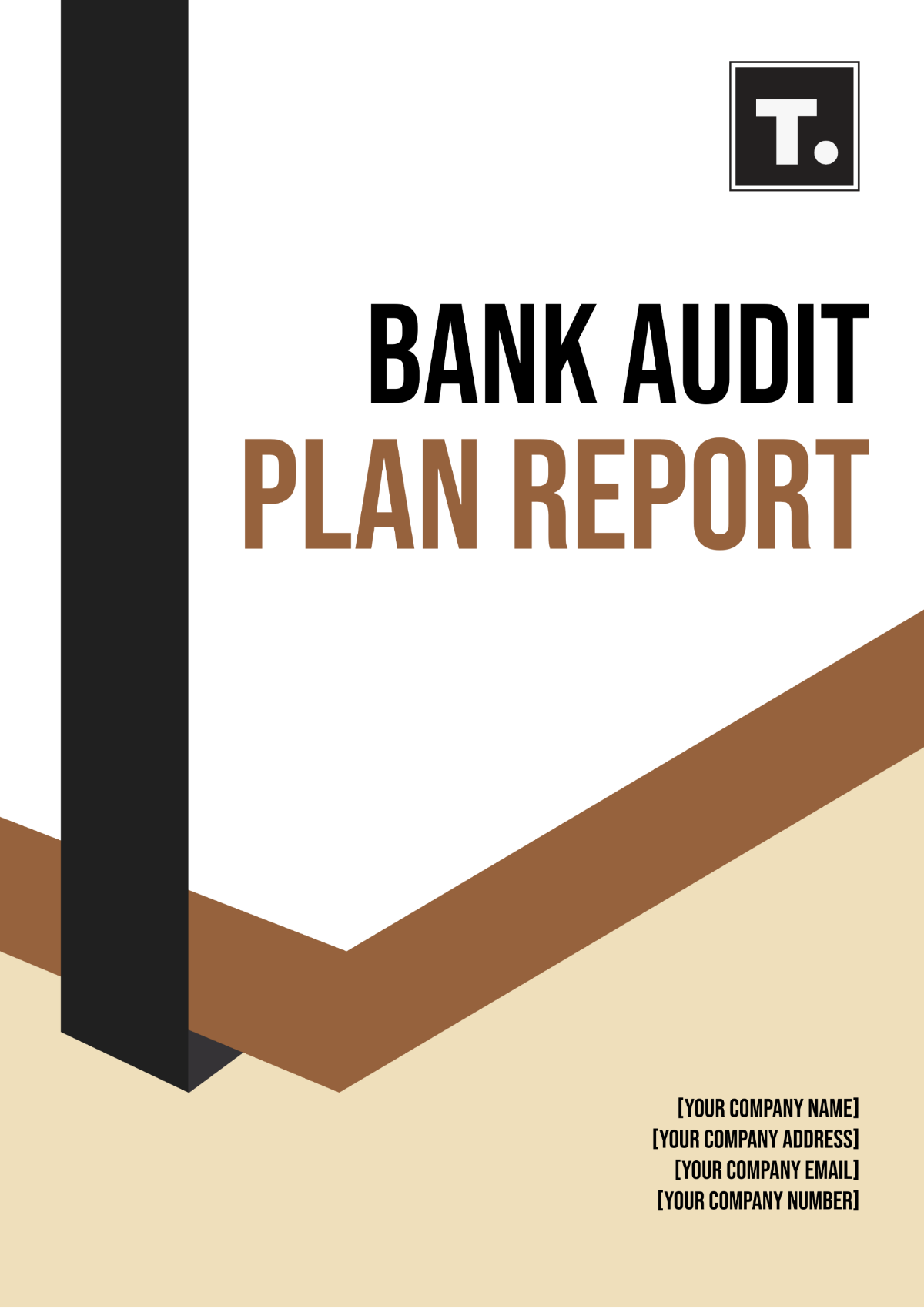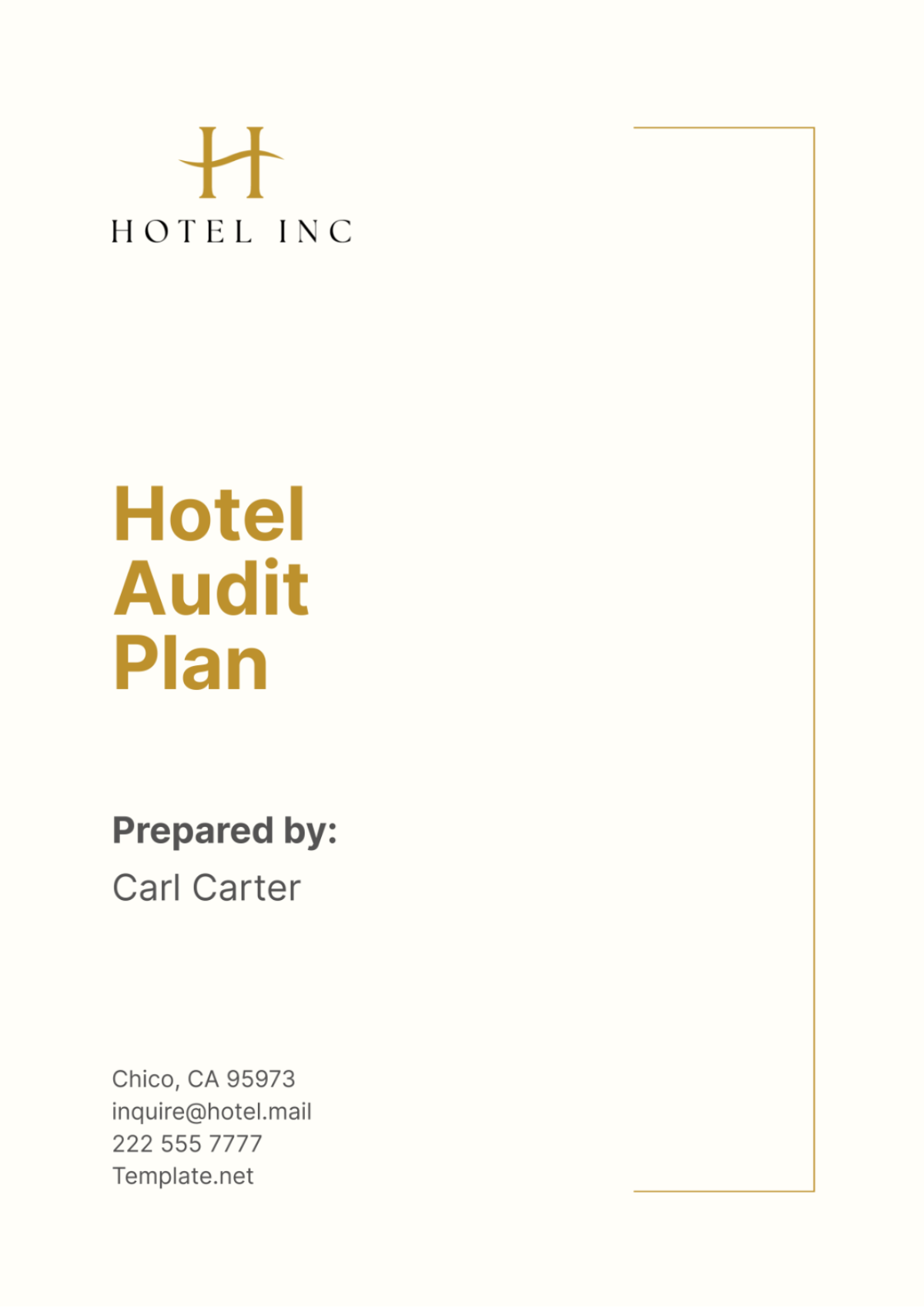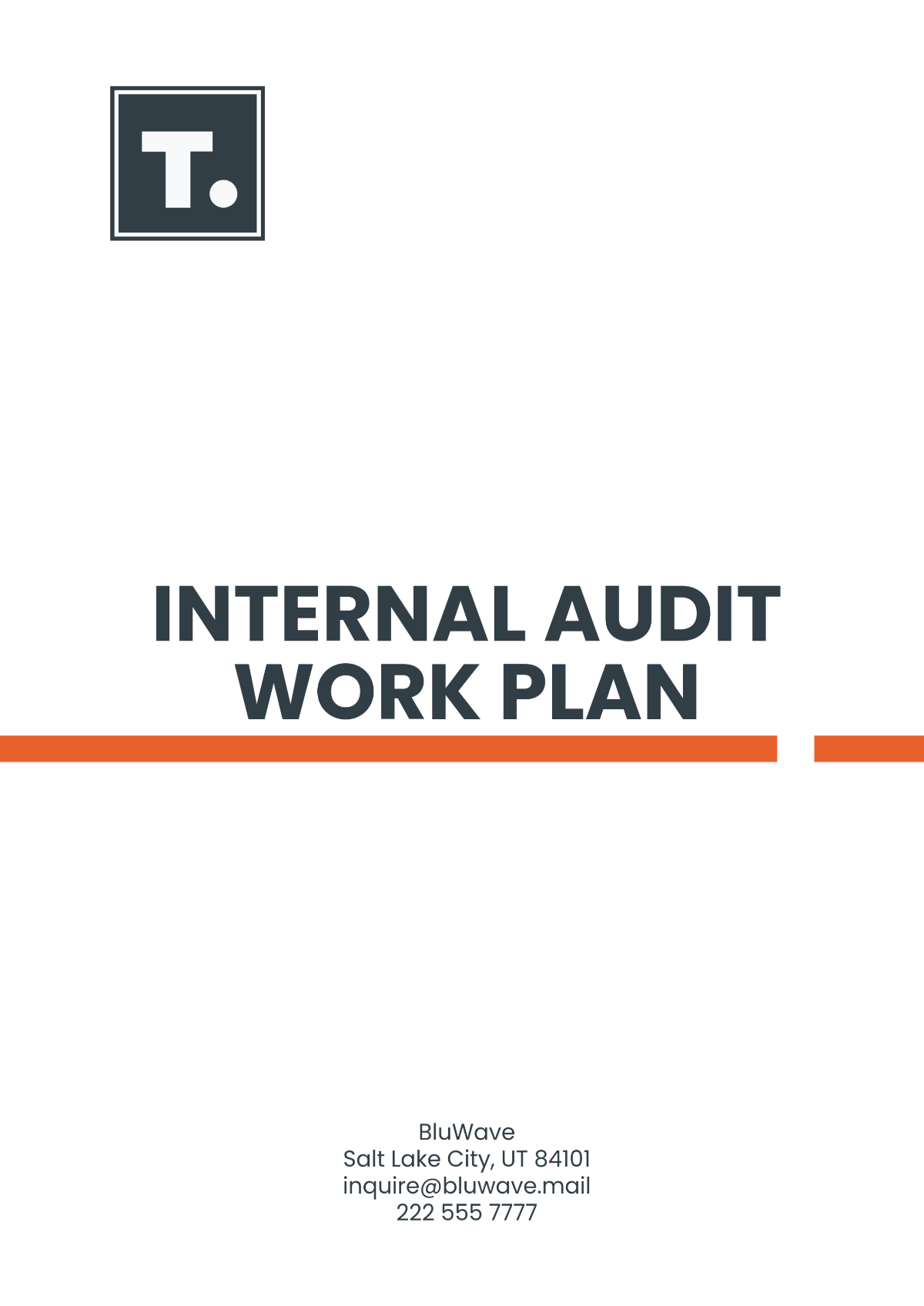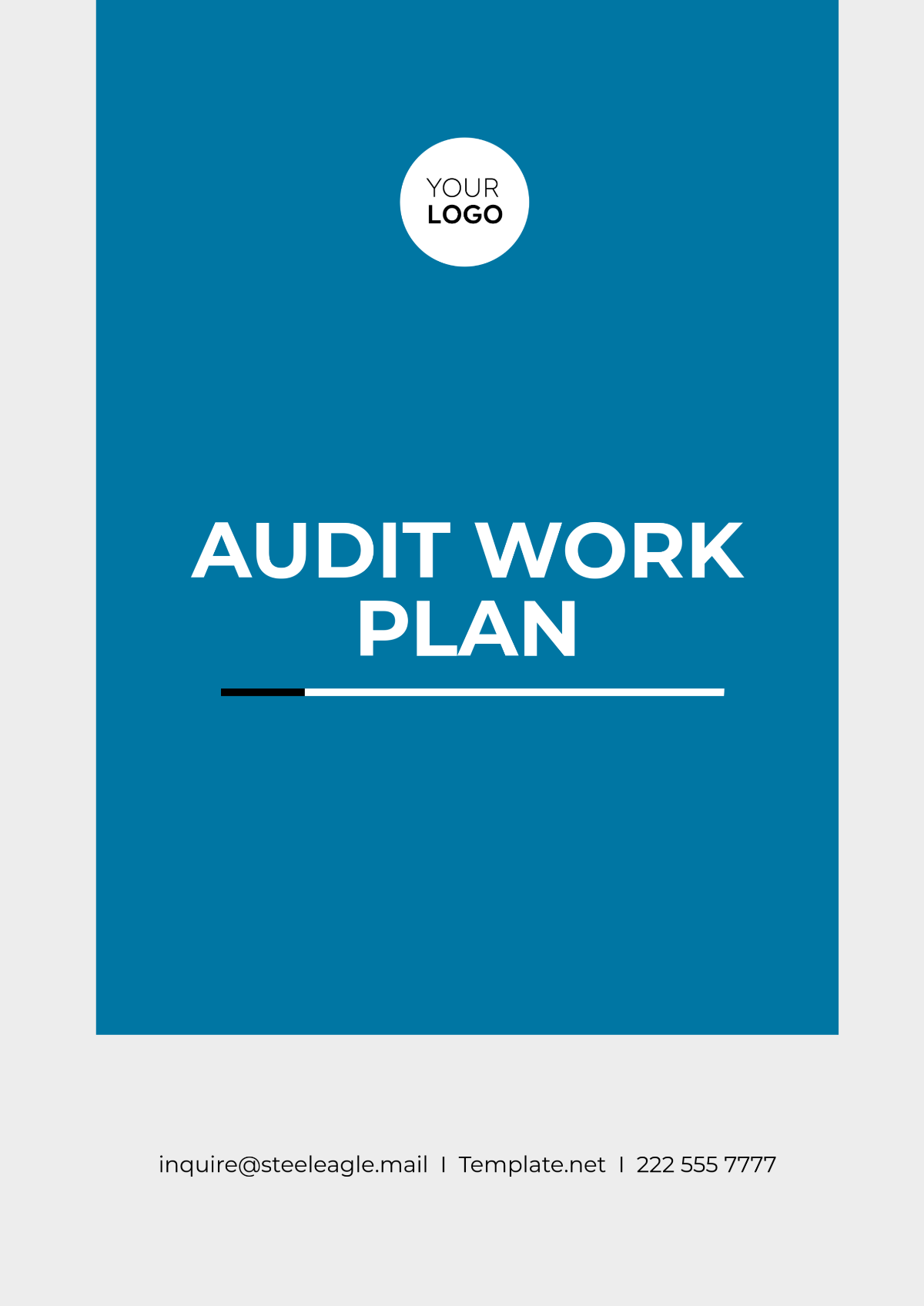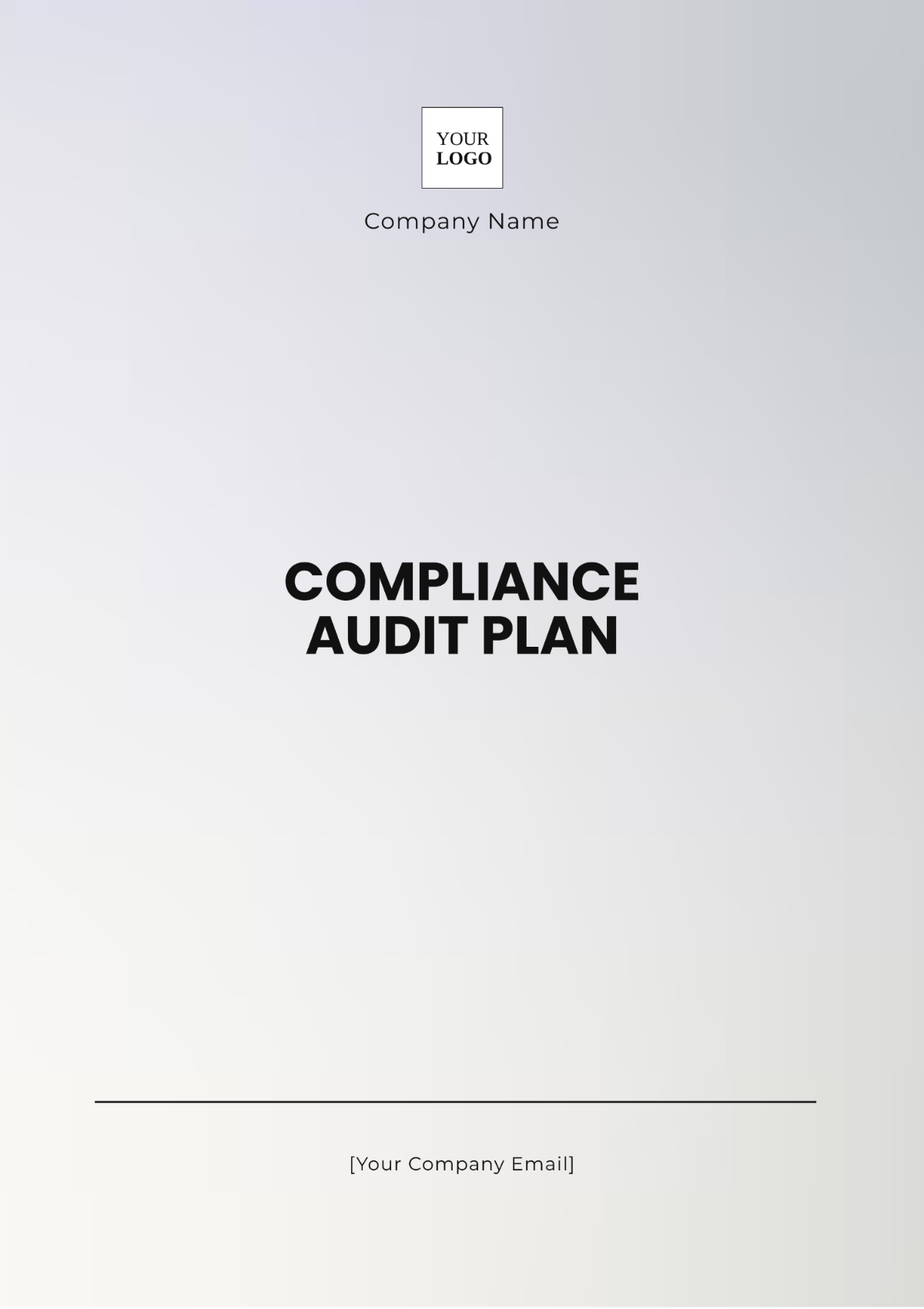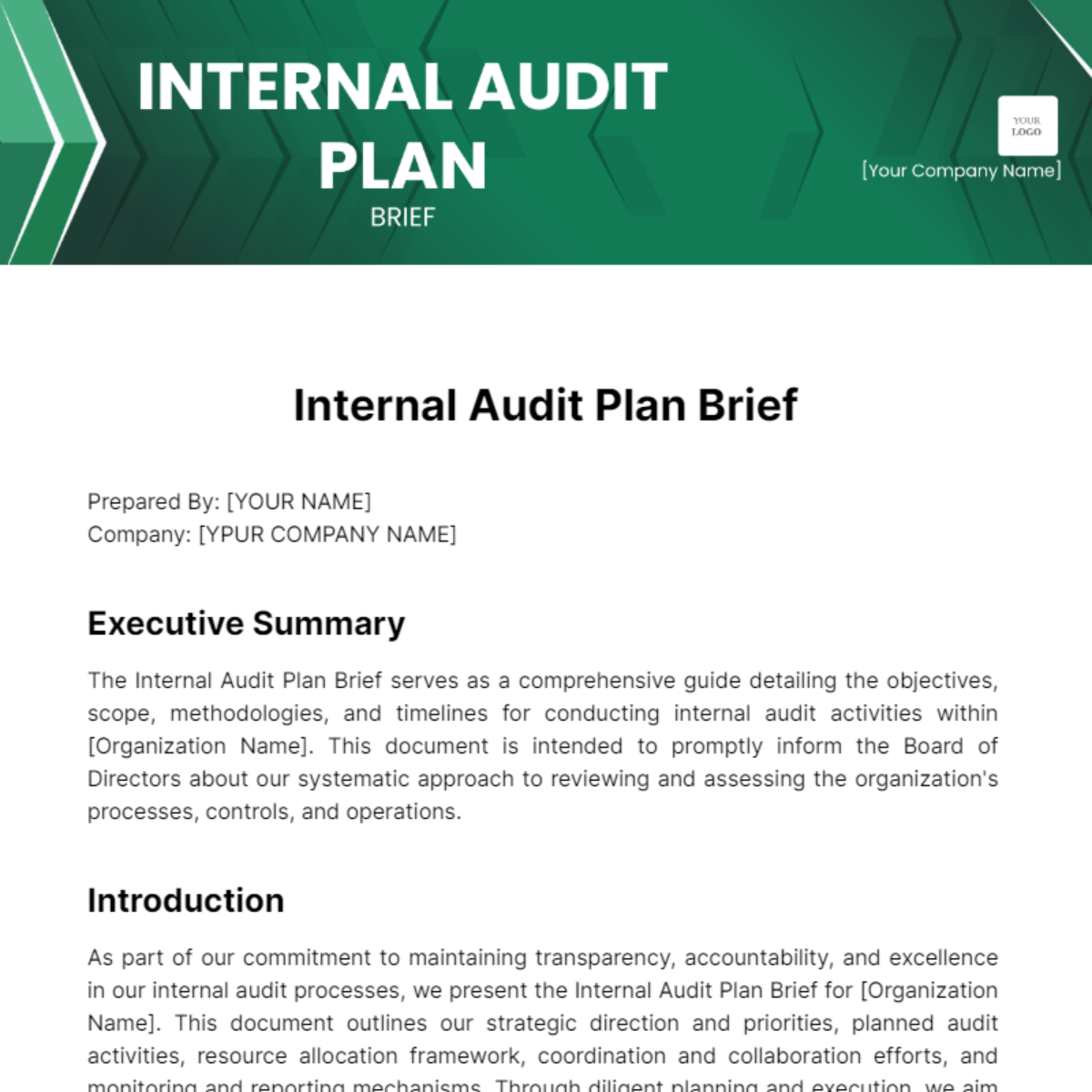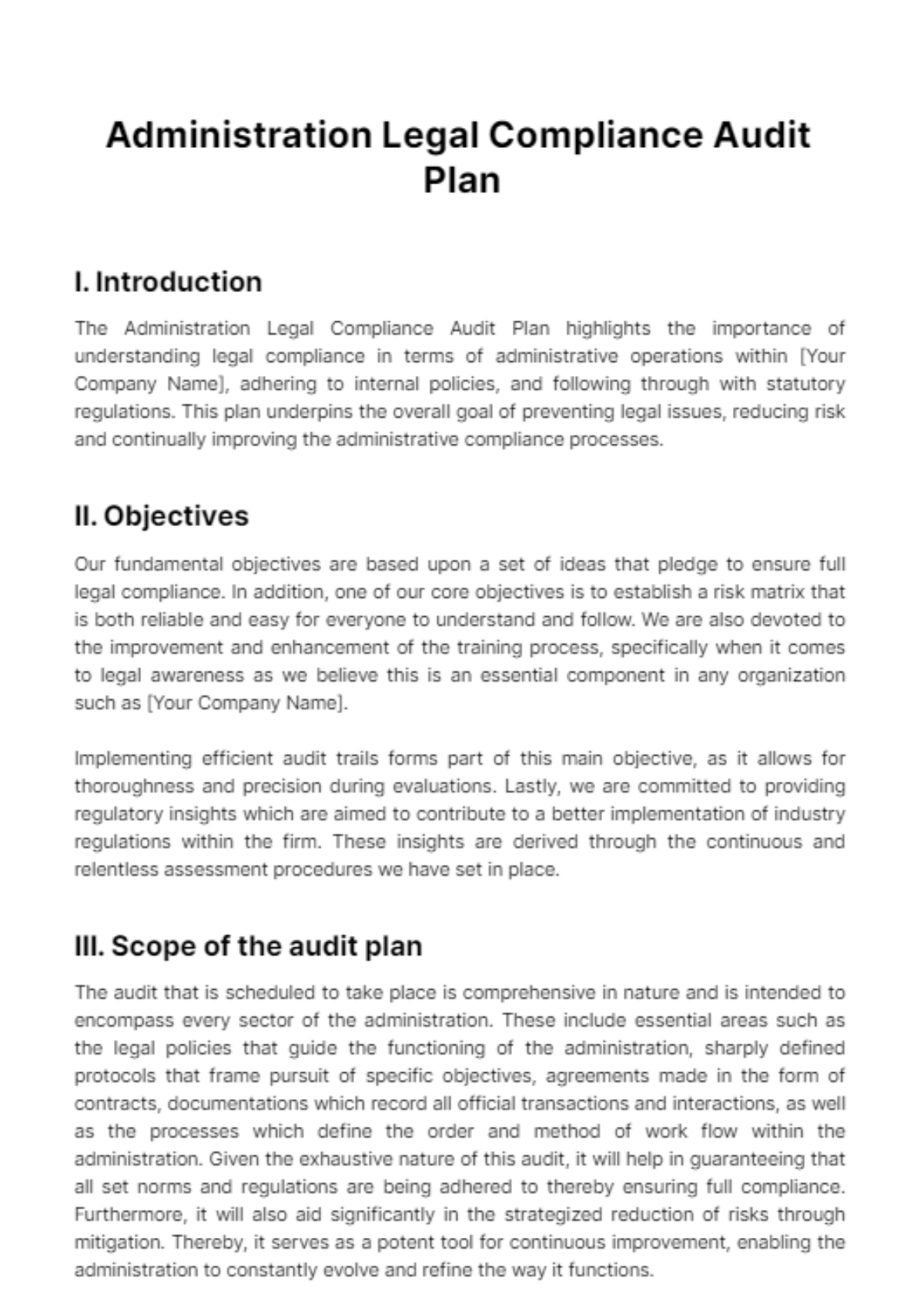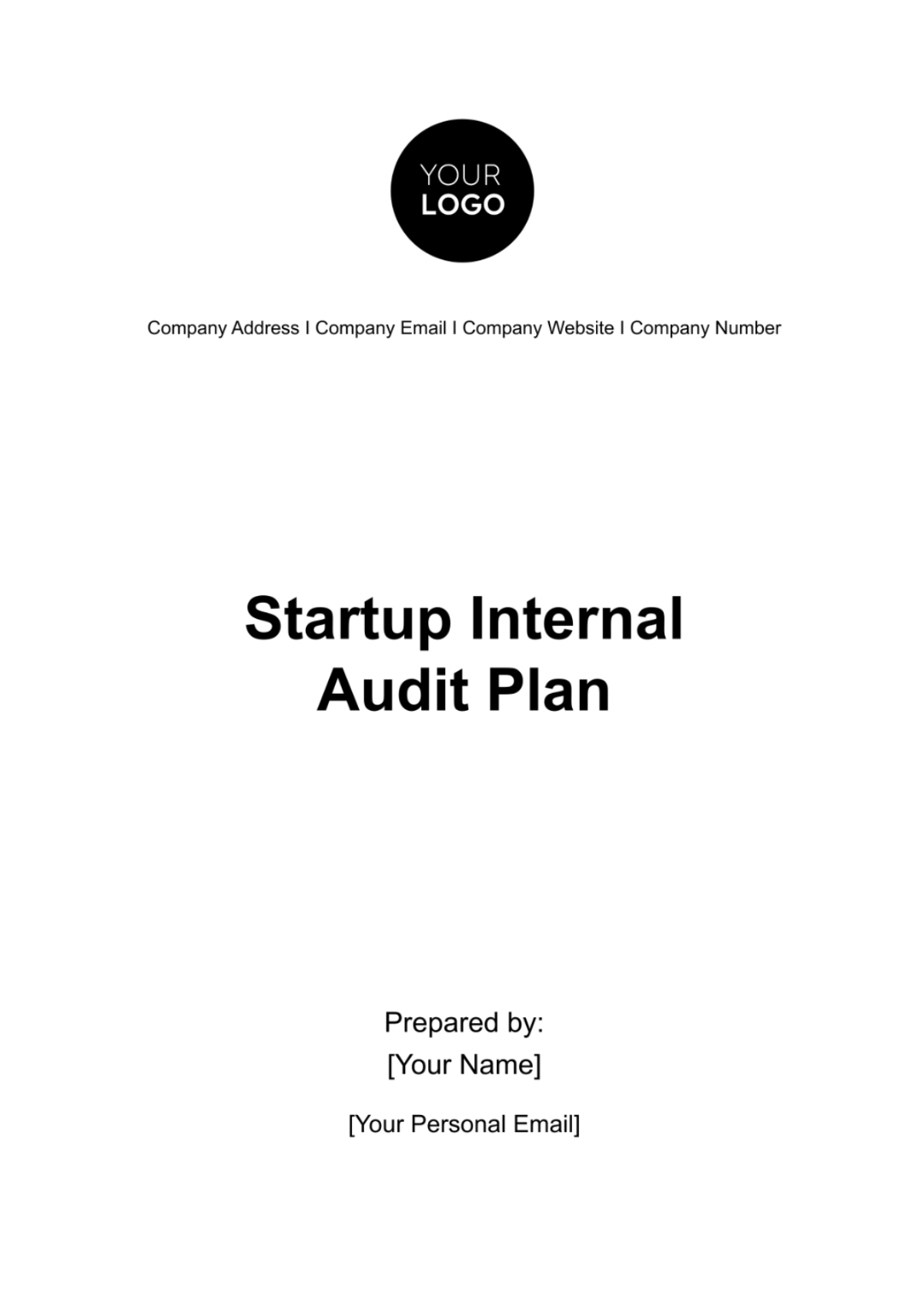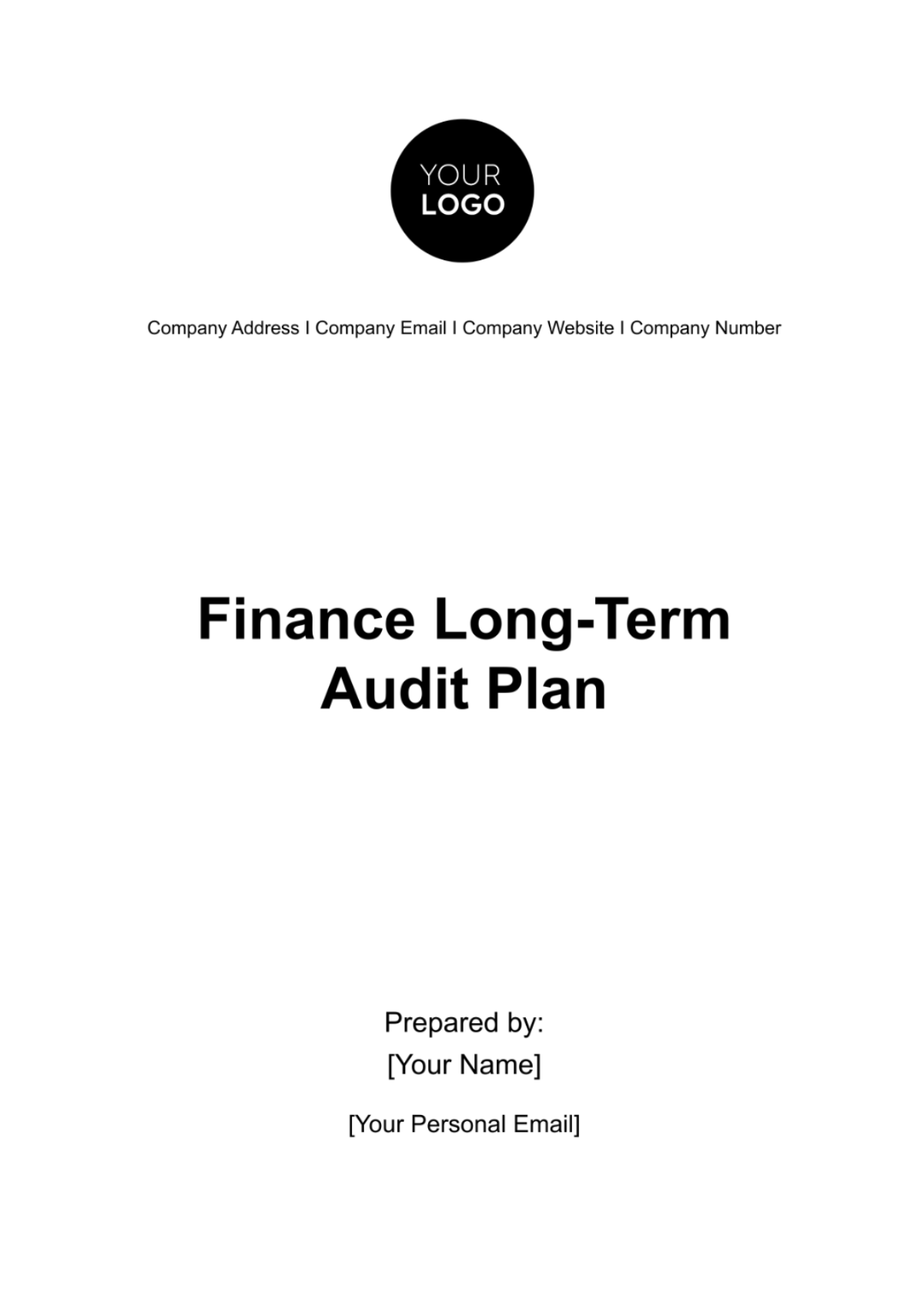Operational Audit Plan
Audit Title: Comprehensive Operational Audit
Organization: Stellar Innovations Inc.
Audit Period: January 1, 2060 - December 31, 2060
Prepared by: John Smith
Position: Senior Internal Auditor
Date Prepared: October 18, 2064
1. Audit Objectives
Evaluate Operational Efficiency: Assess the effectiveness and efficiency of operational processes across departments to enhance productivity and reduce waste.
Identify Risks: Identify potential operational risks and vulnerabilities within existing procedures to strengthen risk management frameworks.
Ensure Compliance: Ensure compliance with relevant regulations, including OSHA, ISO 9001, and internal policies to maintain industry standards.
Recommend Improvements: Provide actionable recommendations to enhance operational performance and mitigate identified risks.
2. Scope of the Audit
Departments Included:
Operations Management
Supply Chain and Logistics
Quality Assurance
Customer Service
Human Resources
Processes to be Audited:
Inventory Management
Production Scheduling
Service Delivery
Employee Onboarding and Training
3. Audit Methodology
Document Review: Analyze relevant documentation, including policies, procedures, past audit reports, and compliance records.
Interviews: Conduct interviews with key stakeholders, including:
Operations Manager: Sarah Johnson
Supply Chain Director: Michael Lee
Quality Assurance Lead: Angela White
Observations: Perform site visits to observe operations in real-time and identify areas for improvement, focusing on the production floor and customer service center.
Data Analysis: Utilize data analytics tools such as Tableau and Excel to assess operational performance metrics, including cycle times, order fulfillment rates, and employee turnover rates.
4. Audit Schedule
Phase | Activity | Timeline |
|---|---|---|
Planning Phase | Define audit objectives and scope | January 1 - January 15, 2060 |
Fieldwork Phase | Conduct document reviews and interviews | January 16 - March 15, 2060 |
Analysis Phase | Analyze findings and prepare a draft report | March 16 - April 15, 2060 |
Reporting Phase | Present findings to management | April 16 - April 30, 2060 |
Follow-Up Phase | Review implementation of recommendations | May 1 - June 30, 2060 |
5. Audit Team
Lead Auditor: John Smith, Senior Internal Auditor
Team Members:
Emma Brown, Internal Auditor
David Wilson, Data Analyst
Lisa Green, Compliance Officer
6. Resources Required
Budget: $50,000
Tools and Software:
Data Analytics Software: Tableau, Microsoft Excel
Document Management System: SharePoint
Survey Tool: SurveyMonkey
Training Needs: Additional training for team members on advanced data analytics techniques and compliance regulations.
7. Reporting and Communication Plan
Draft Report: Submit a draft report to management by April 15, 2060, for review and feedback.
Final Report: Present the final audit report to the Executive Team by April 30, 2060, including detailed findings and recommendations for each department.
Follow-Up Meetings: Schedule follow-up meetings to track the implementation of recommendations every quarter, with the first meeting set for July 15, 2060.
8. Risk Assessment
Identified Risks:
Inefficiencies in supply chain management lead to increased costs.
Inadequate employee training programs result in high turnover rates.
Non-compliance with regulatory requirements could lead to penalties.
Mitigation Strategies:
Implement regular training sessions for employees, focusing on compliance and operational procedures.
Establish compliance monitoring mechanisms, including monthly audits of regulatory adherence.
Enhance communication channels across departments to facilitate information sharing and operational alignment.
Conclusion
This Operational Audit Plan is designed to provide a comprehensive assessment of operational processes within Stellar Innovations Inc. By identifying areas for improvement and ensuring compliance with industry regulations, this audit aims to enhance overall operational efficiency and effectiveness, ultimately supporting the company's growth and sustainability objectives.
